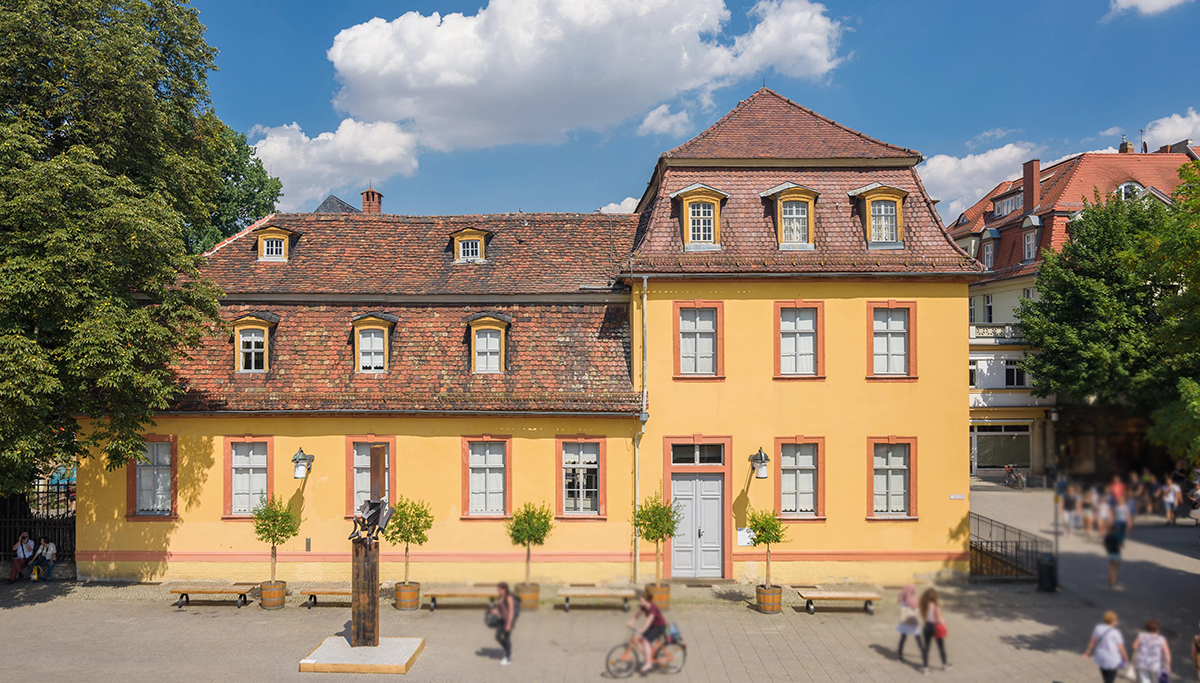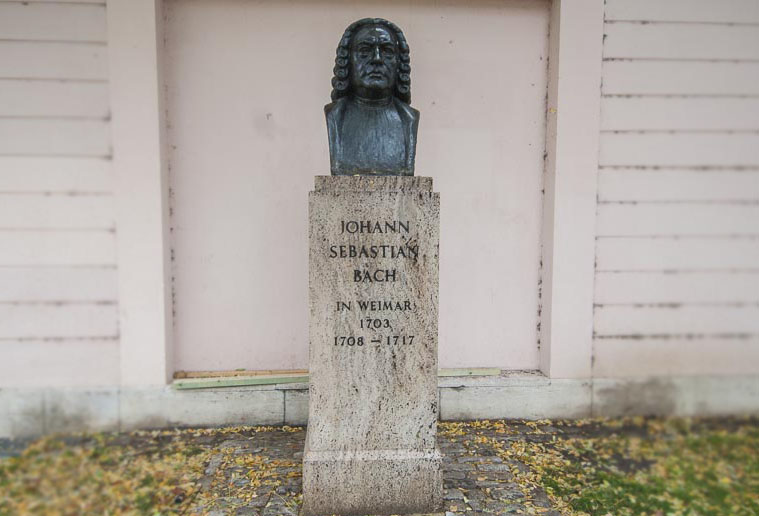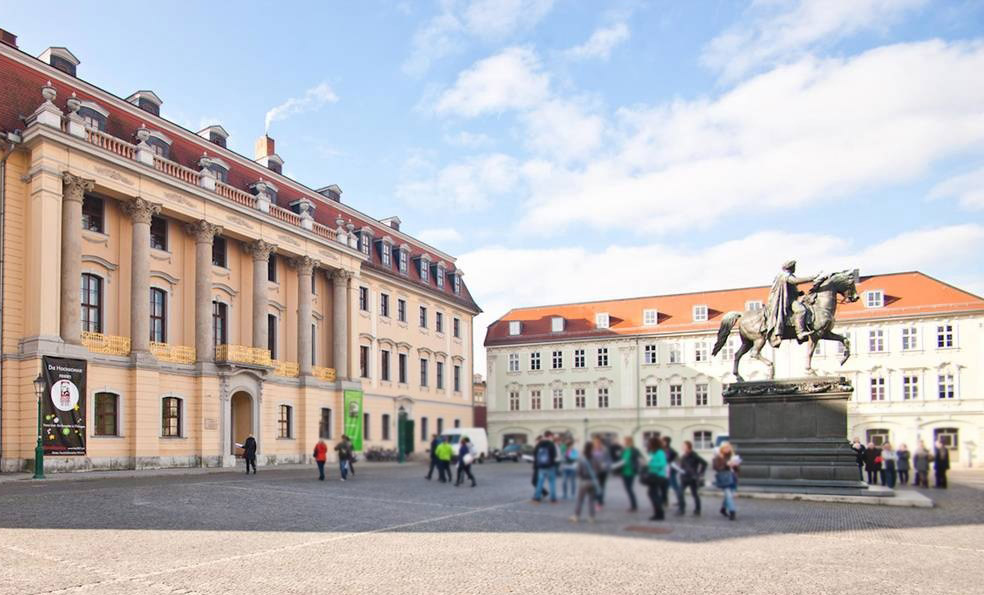J. S. Bach in Weimar & Bachtafel Weimar
Audio Guide J. S. Bach in Weimar & Bachtafel
Bach's first visit to Weimar was in 1703, but he did not stay there for long.
Bach moved to Weimar for the second time, staying there for about ten years. In 1708 he was offered the position of organist and second Kapellmeister at the court of Duke Wilhelm Ernst. This marked Bach's first experience as a court musician rather than a church musician.
Bach was housed in modest quarters in the ducal palace, neighbouring the ducal cooks, trappers and servants. He had no special privileged status and was essentially an equal among them. Duke Wilhelm Ernst endeavoured to emulate the Court of Versailles, but his financial position was not strong enough, which forced him to hire inexpensive German musicians instead of expensive French and Italians. The Duke himself was also musically gifted, playing the flute and composing music. Bach even wrote two works based on melodies composed by Wilhelm Ernst. But the customs and norms of the time made musicians like court staff, and the concept of the musician as an independent artist was not yet formed.
Bach's duties included managing the court orchestra and composing a variety of instrumental works for the pleasure and entertainment of his patron, including orchestral, organ and harpsichord compositions, as well as music for various ensembles. He also composed organ compositions and cantatas for the ducal house church, which had a fine organ recently installed.
Bach's financial situation improved markedly during his time in Weimar. At first he received a handsome sum of 156 guilders, and after seven years the duke increased his income to 225 guilders. Bach was a modest man, did not make excessive demands, did not dream of fame, and he was already happy just that his duties did not greatly interfere with his creative work. He continued to work hard and tirelessly.
During his time in Weimar, in addition to composing 22 spiritual cantatas, Bach also wrote a considerable number of organ toccatas, fugues, fantasias and chorales, as well as the famous Passacaglia and the Organ Notebook for his son Wilhelm Friedemann. He also composed many works for clavier and various ensembles, including original arrangements of music by other composers, which he turned into magnificent organ concertos that surpassed the original compositions. During this period he presented his first famous Passion, the Passion for Luke.
It was during his time in Weimar that Bach's work gained a powerful impetus and his sublime and deeply philosophical musical stylisation, which was exquisitely intertwined with the German cultural tradition, took final shape. Surprisingly, neither his contemporaries nor his immediate descendants recognised his genius. Bach's music remained little-known in his own era, and fame was brought by his gifted but not brilliant sons. Until the mid-nineteenth century, Bach's work was virtually forgotten.
Bach as an organist, however, was widely recognised. His virtuoso skills on the organ became legendary. Even during his time in Weimar, Bach's fame as a great organist grew and spread throughout Germany.
Bach never claimed to be an unrecognised genius, but he was well aware of the importance of his creative work and appreciated his own abilities. At the same time, he felt that his creativity was limited to a narrow craft, the purpose of which was to fulfil the musical desires of his patron rather than to create freely.
The situation changed when Drese, the first court Kapellmeister, passed away in 1716. Bach had every reason to expect to hold the position, but it was taken by Telemann. After Telemann's refusal, the position was offered to Drese's son, who, although not a great musical talent, had experience in court affairs.
This moment became critical for Bach, and he decided to demand his resignation. The Duke took this as an insult to the person and a breach of order. Weimar became the last point on the map of Thuringia associated with the name of Johann Sebastian Bach. After that, his life was linked to Saxony.
During his time in Weimar, Bach wrote many instrumental works, including organ music, music for keyboard instruments, and chamber music. He also composed many choral works, and it was here that he began to develop his unique style, characterised by deep philosophical content and complex compositions. One of his famous compositions from this period is the Toccata and Fugue in D minor, in which he demonstrated his skills as an organist.
During his time in Weimar, a tradition known as the "Bachtafel" or "Bach's Table" developed. These were regular meetings of musicians, artists and intellectuals organised by Bach in his home. These meetings included musical performances and discussions on various topics. The Bachtafel promoted cultural and intellectual exchange and contributed to the development of Weimar culture.
Other sights
-
Albert Schweitzer Denkmal
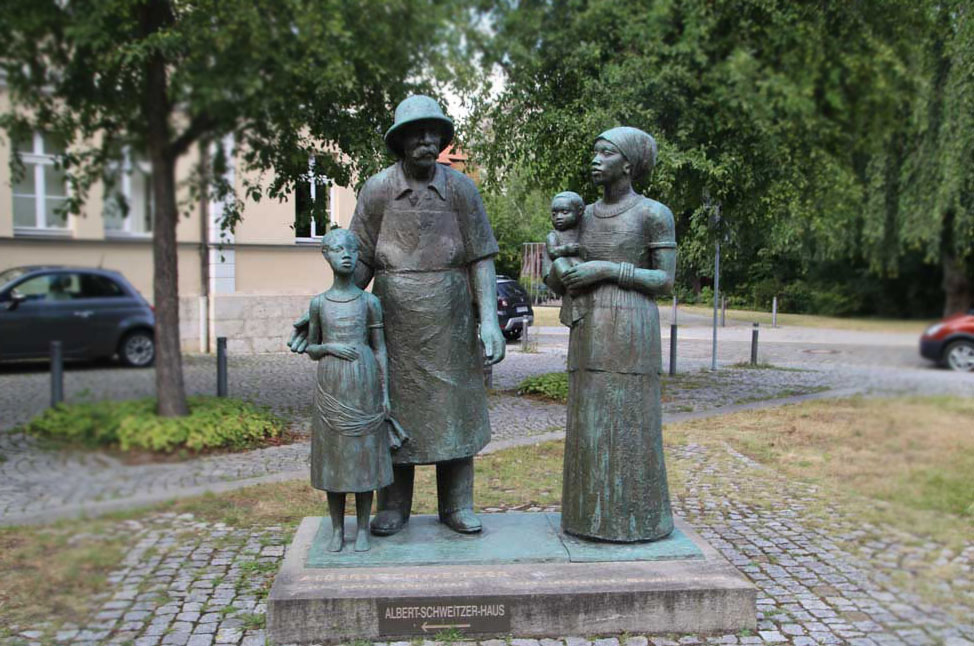
-
Altenburg (Franz Liszt)
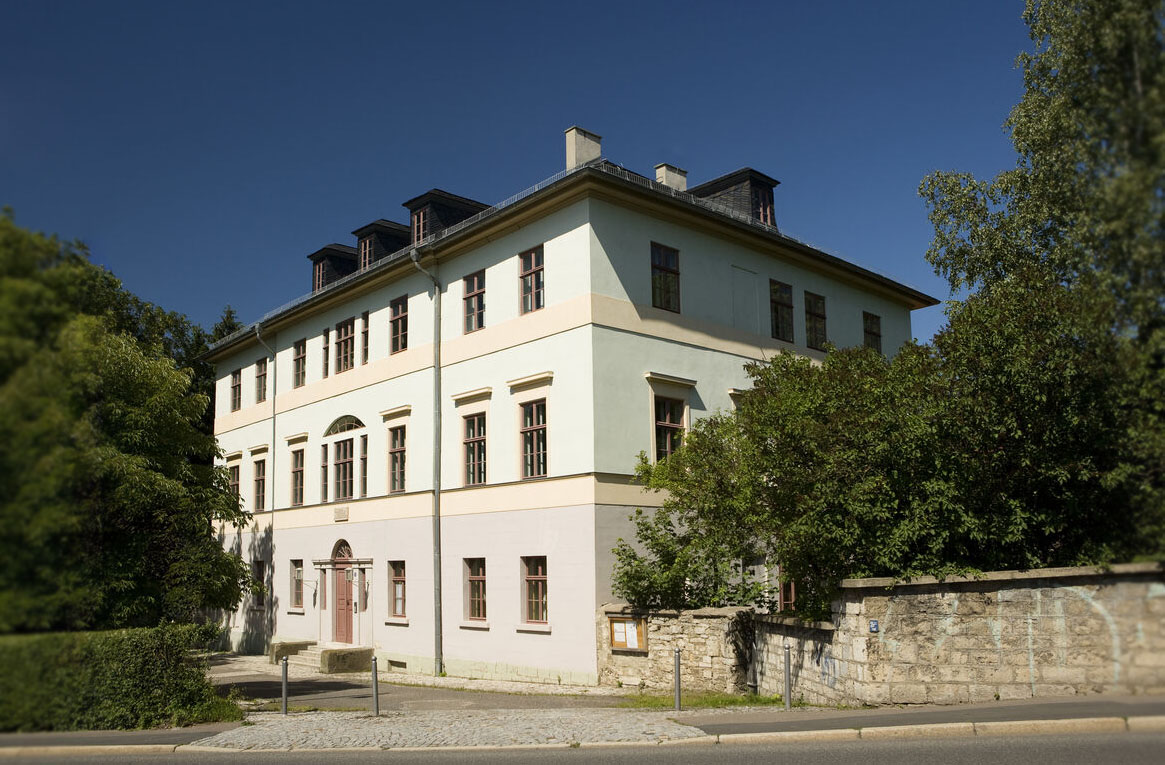
-
Atrium & ehemaliges Gauforum
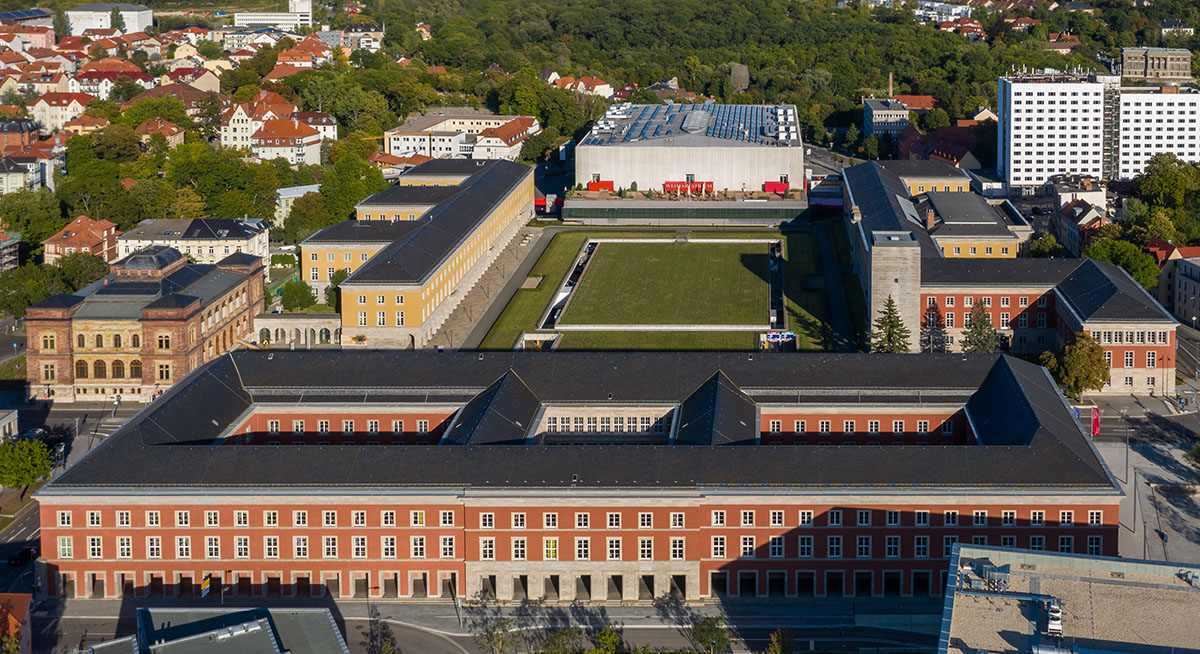
-
Bauhaus Universität (Henry van de Velde)
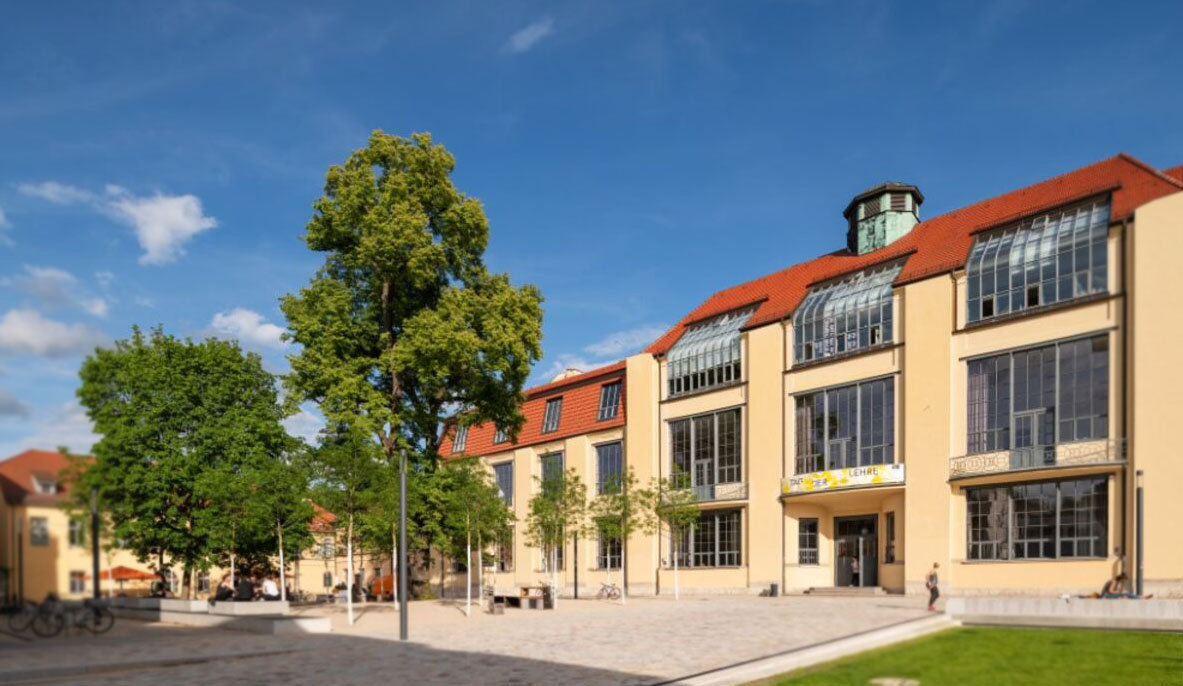
-
Bauhaus: Haus am Horn
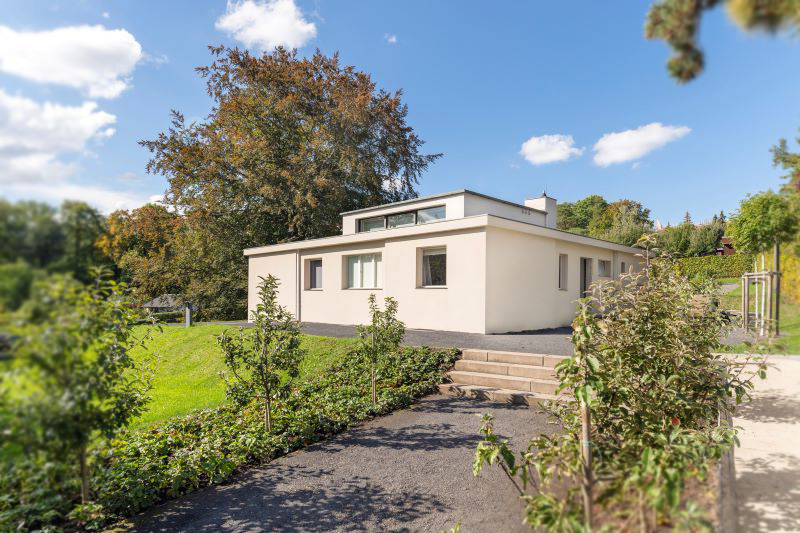
-
Carl Heinrich Ferdinand Streichhan-Kaserne
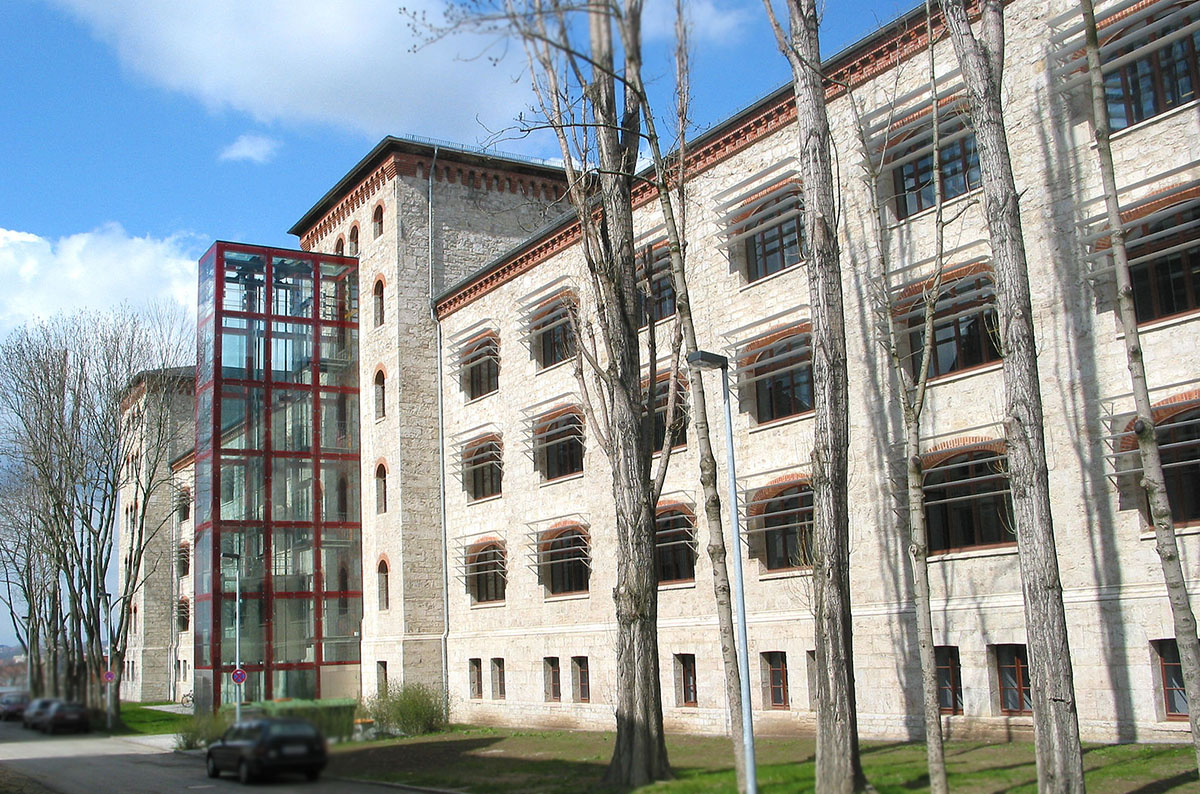
-
Cranachhaus
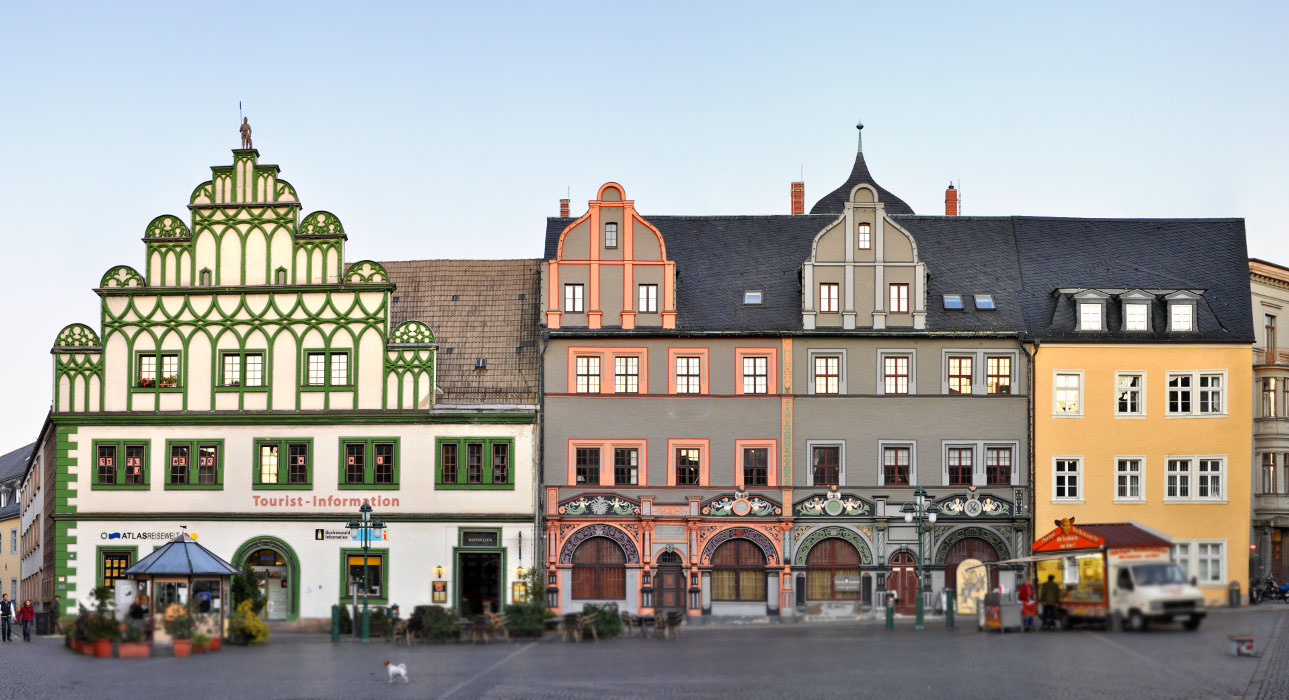
-
Denkmal Nepomuk Hummel
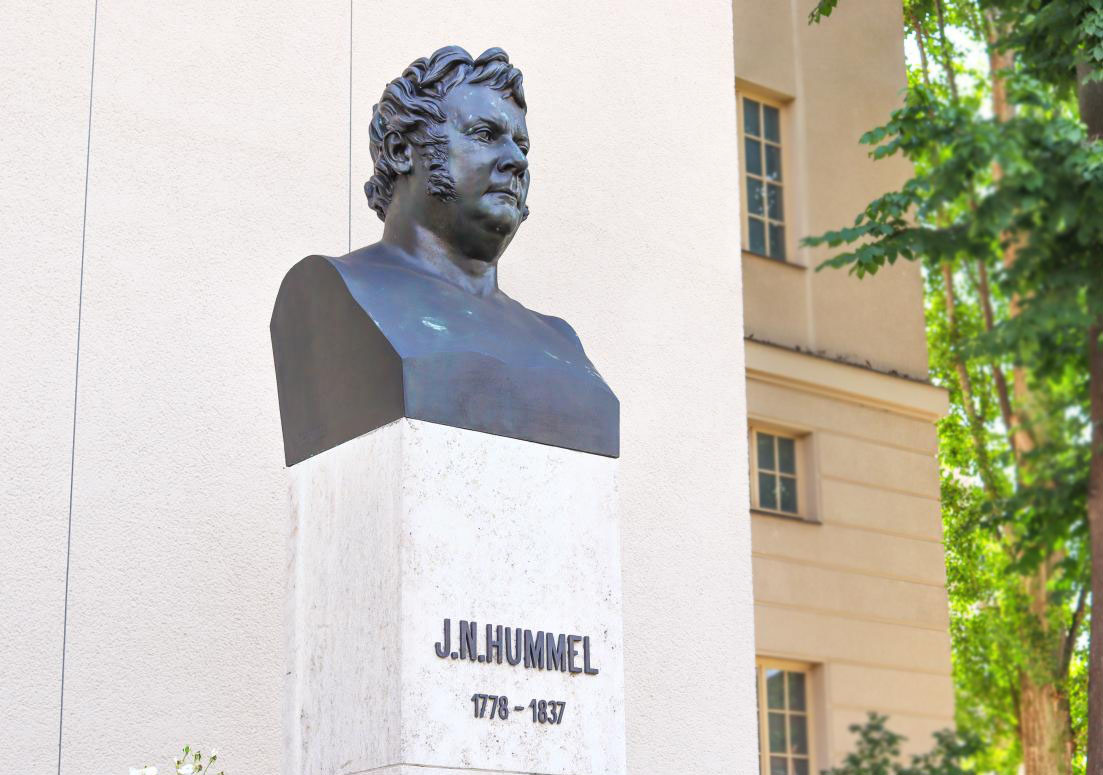
-
Denkmal Nepomuk Hummel und katholische Kirche
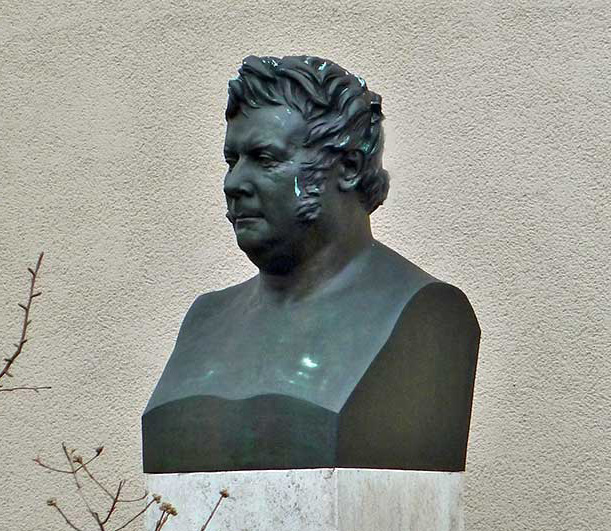
-
Deutsches Nationaltheater Goethe & Schiller Denkmal
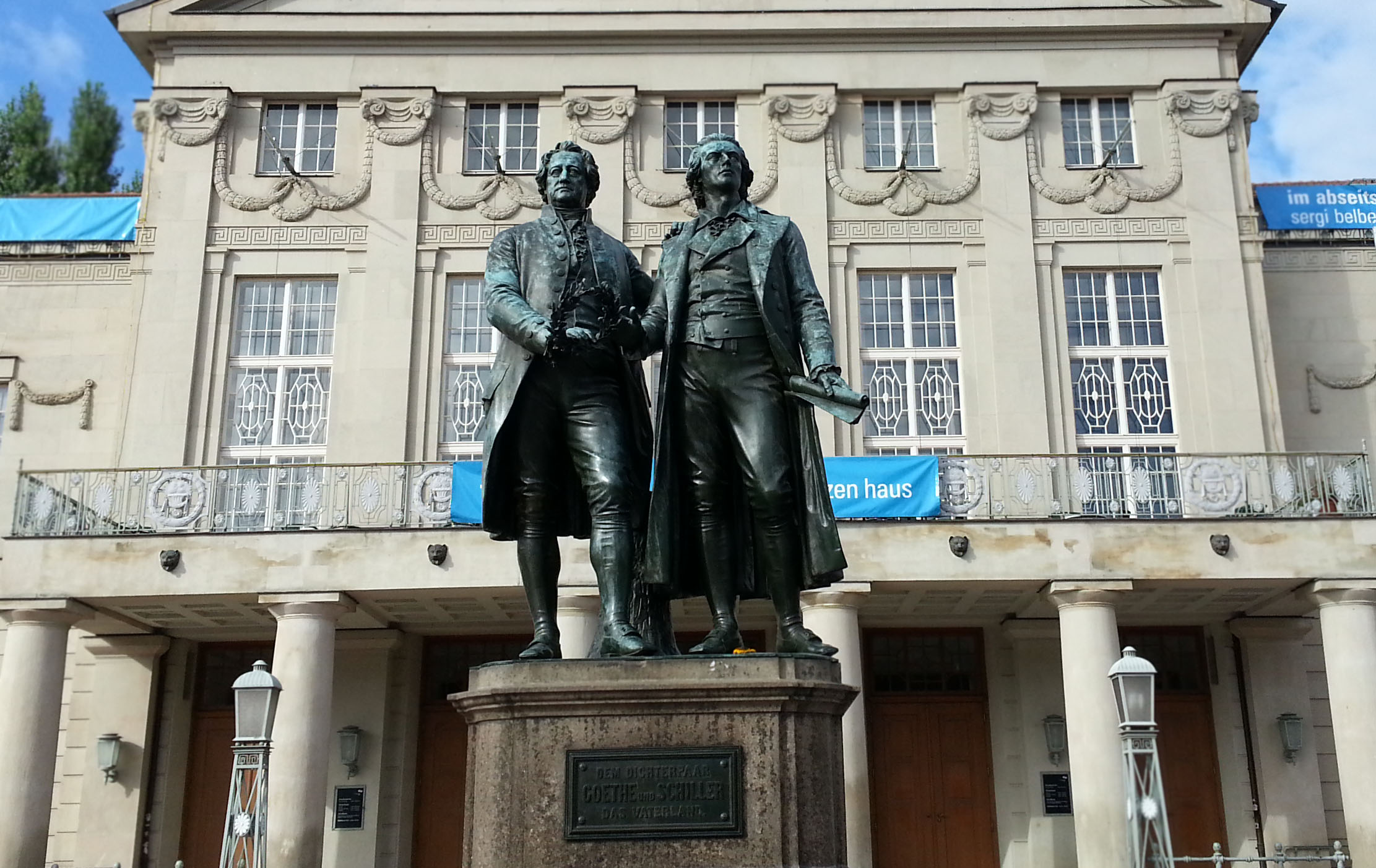
-
Ginkgobaum
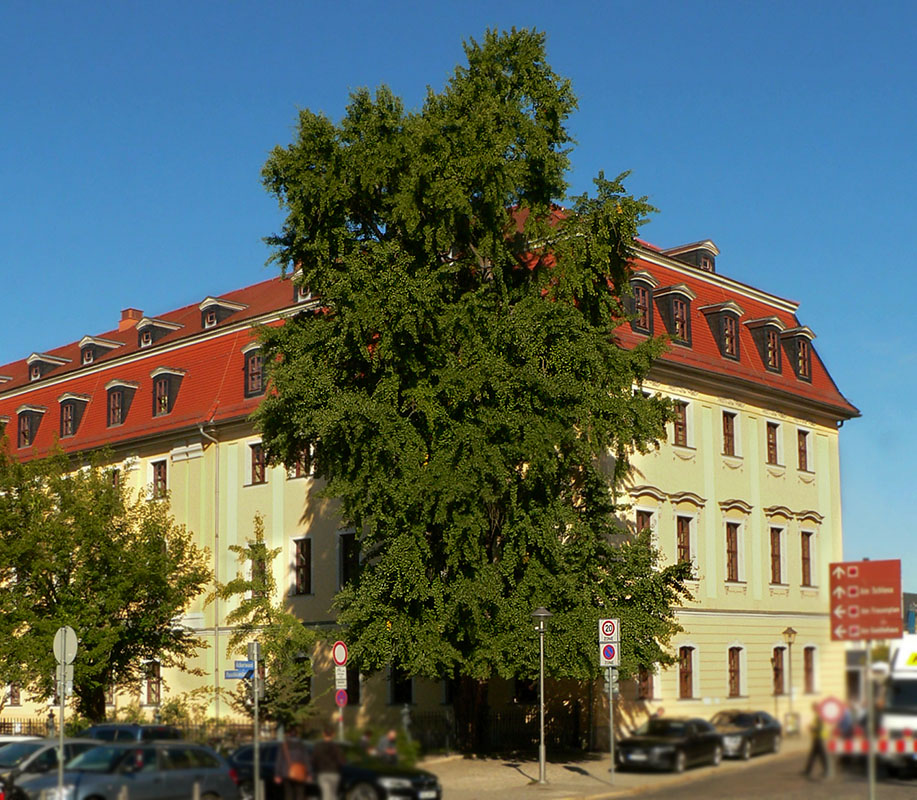
-
Goethe- & Schillerarchiv
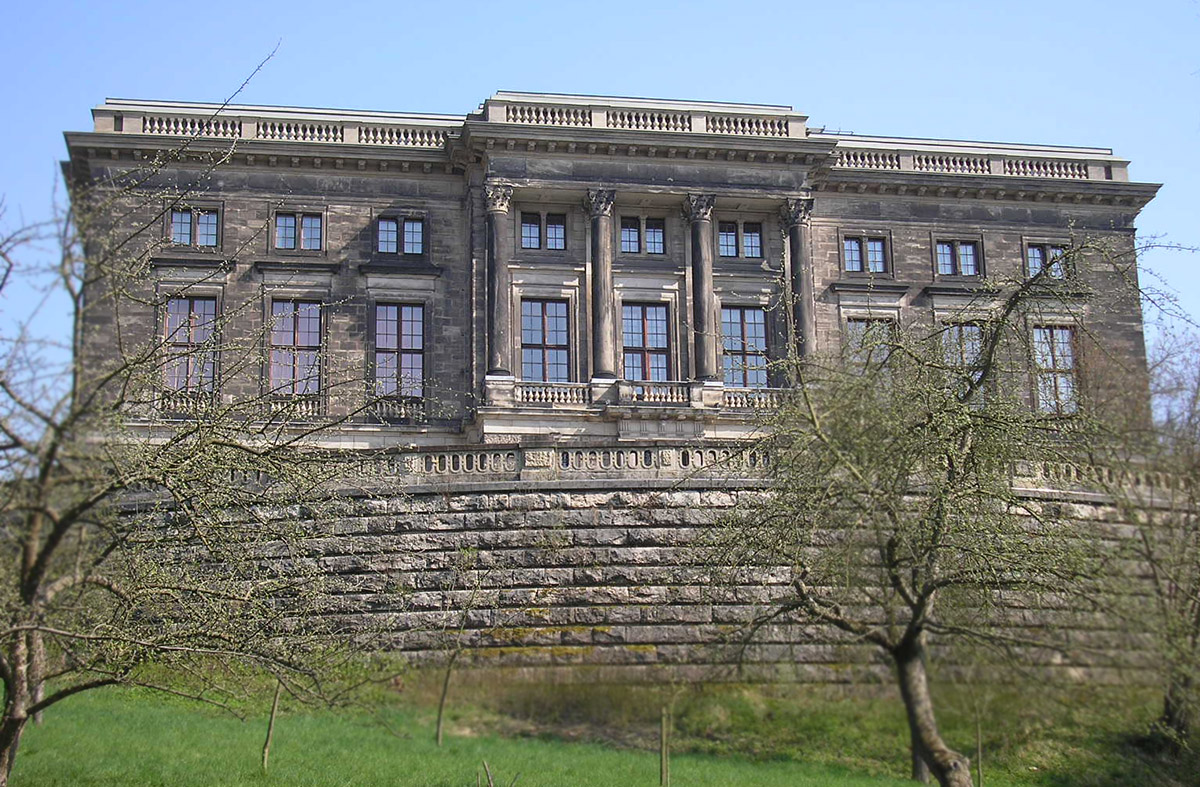
-
Goetheplatz mit Kasseturm & Stadtmauer
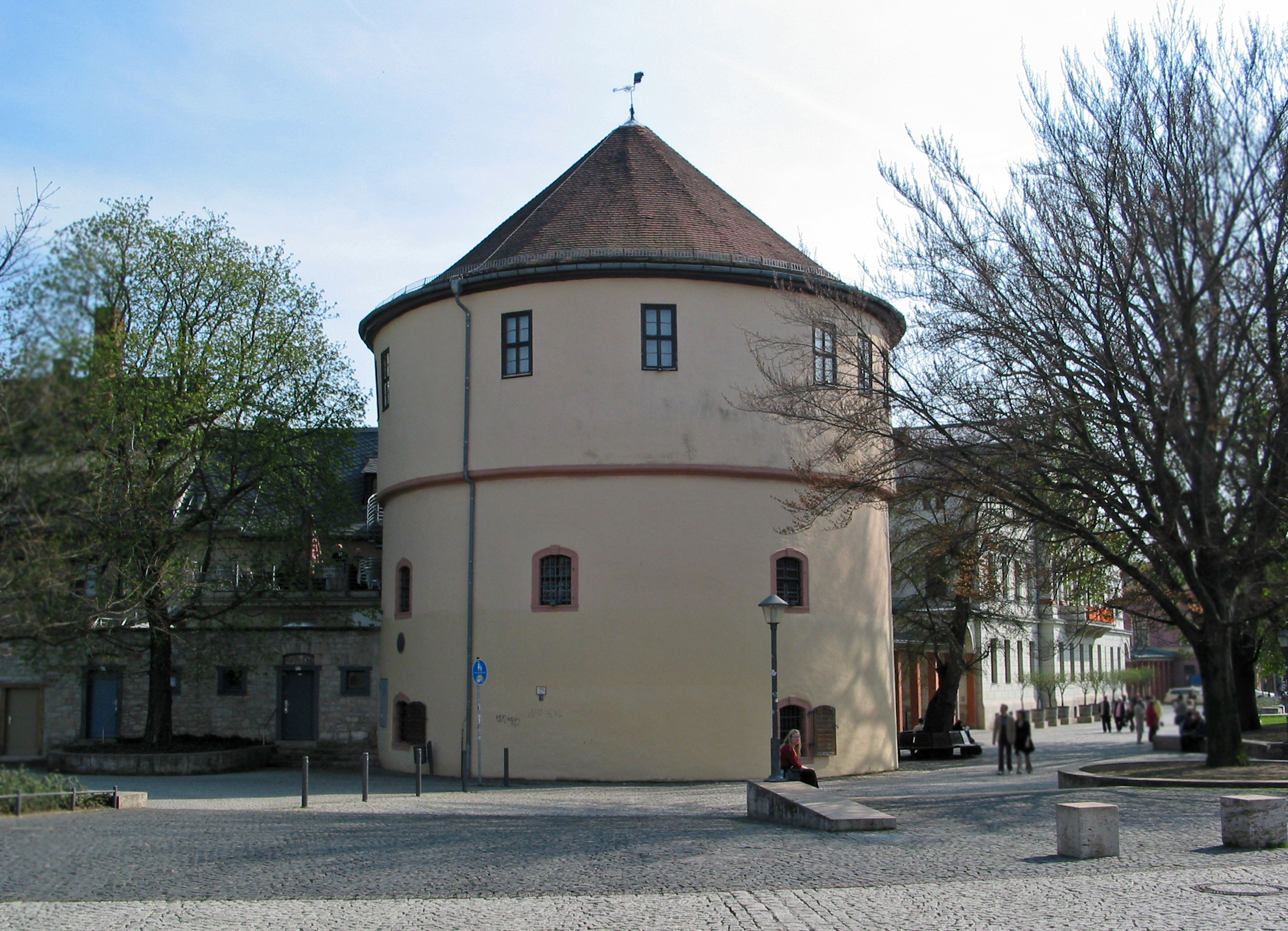
-
Goethes Wohnhaus
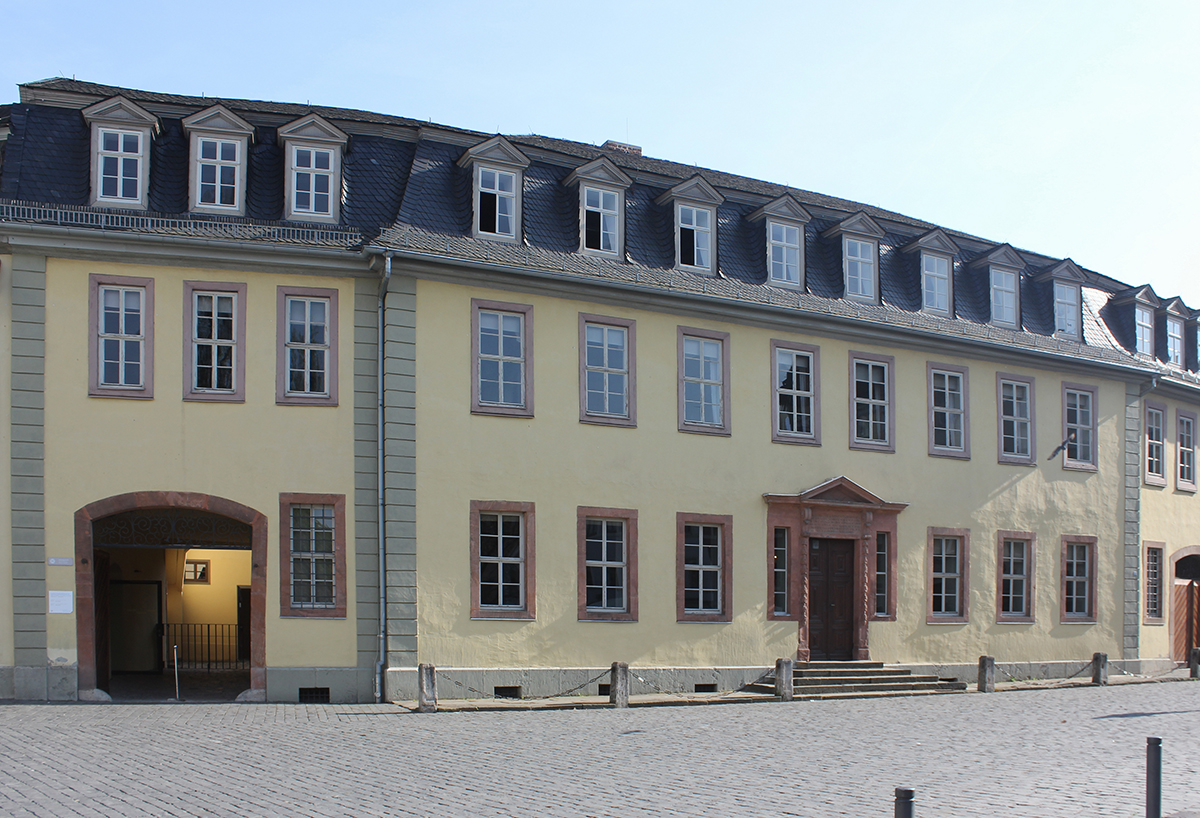
-
Haus am Horn
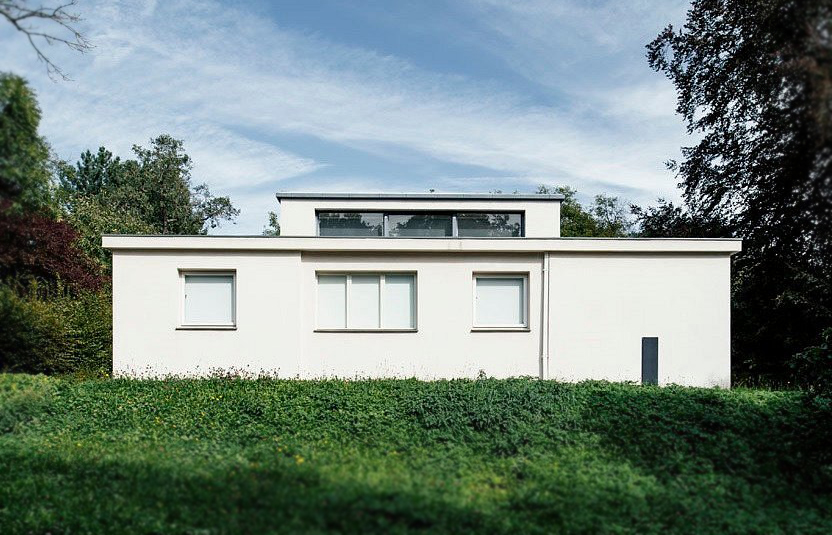
-
Haus der Charlotte von Stein
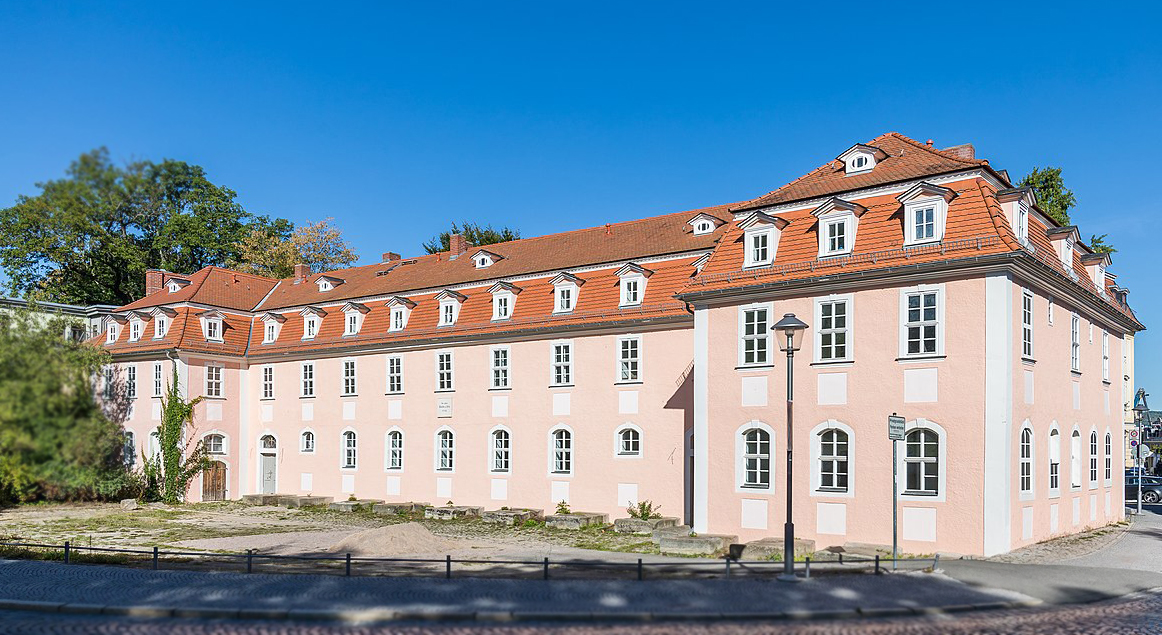
-
Herderplatz & Kirche St. Peter und Paul
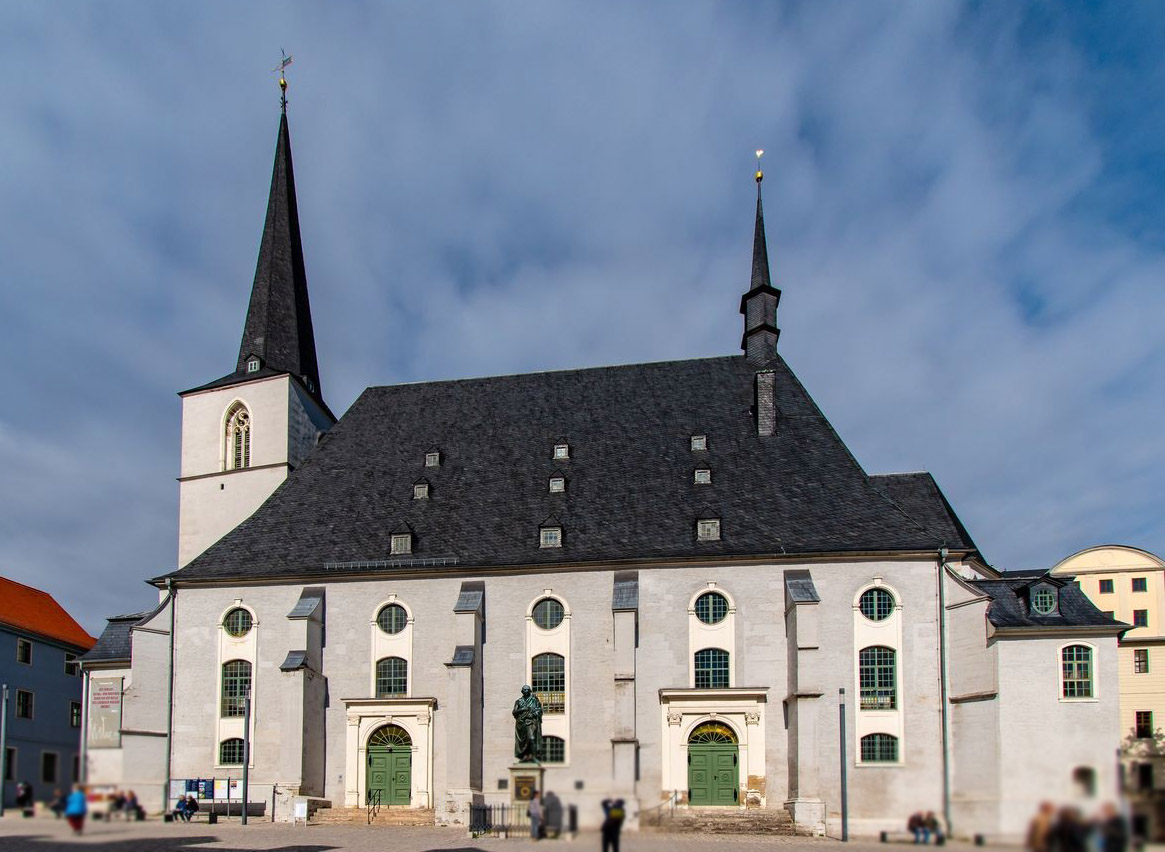
-
Herzogin Anna-Amalia-Bibliothek
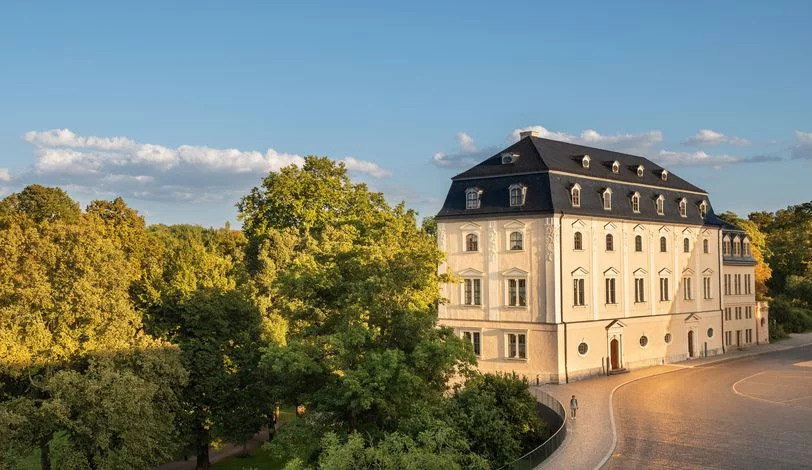
-
Historischer Friedhof

-
Hochschule für Musik Franz Liszt (Fürstenhaus)
-
J. G. Herder, Kirche St. Peter und Paul
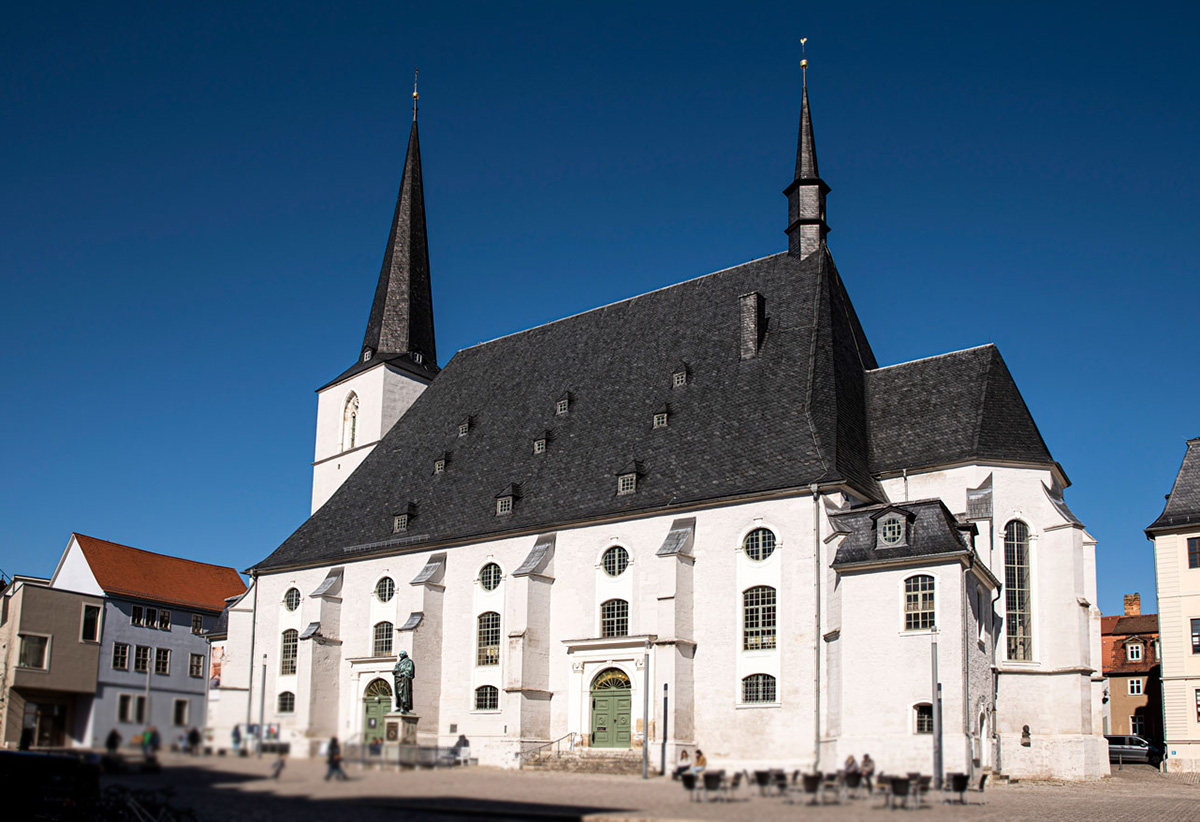
-
Katholische Kirche
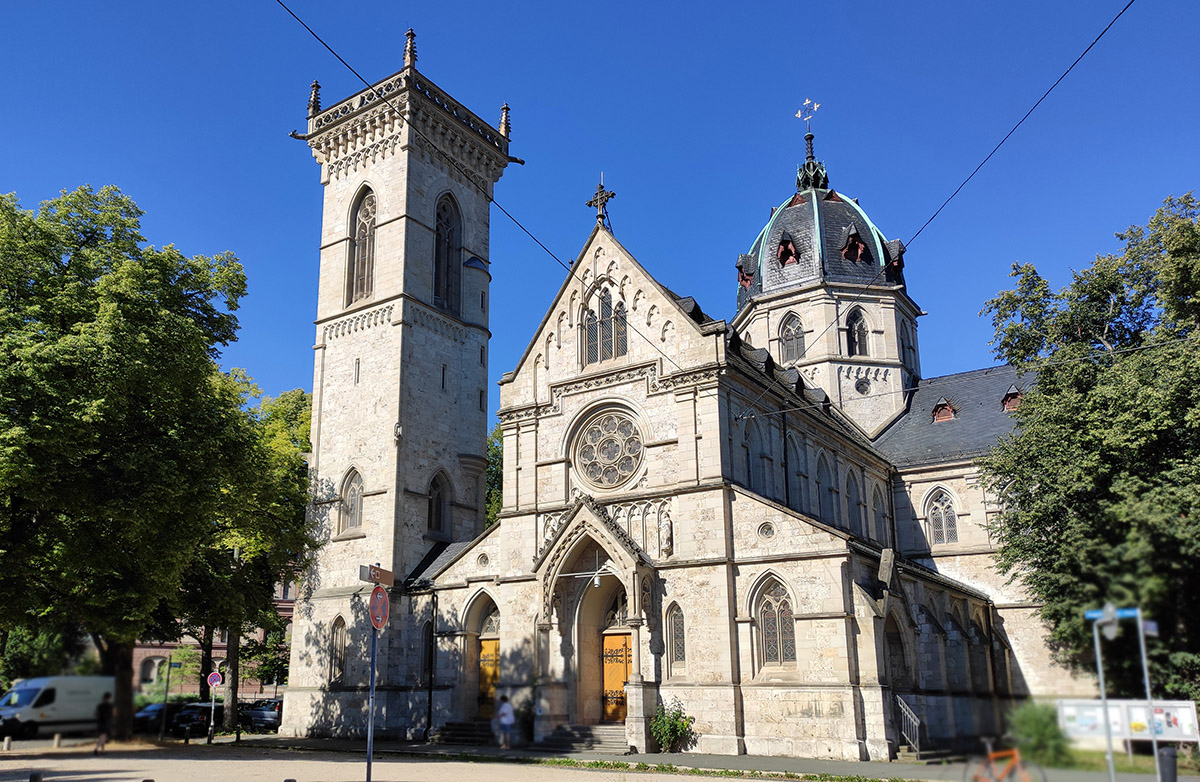
-
Landesmuseum
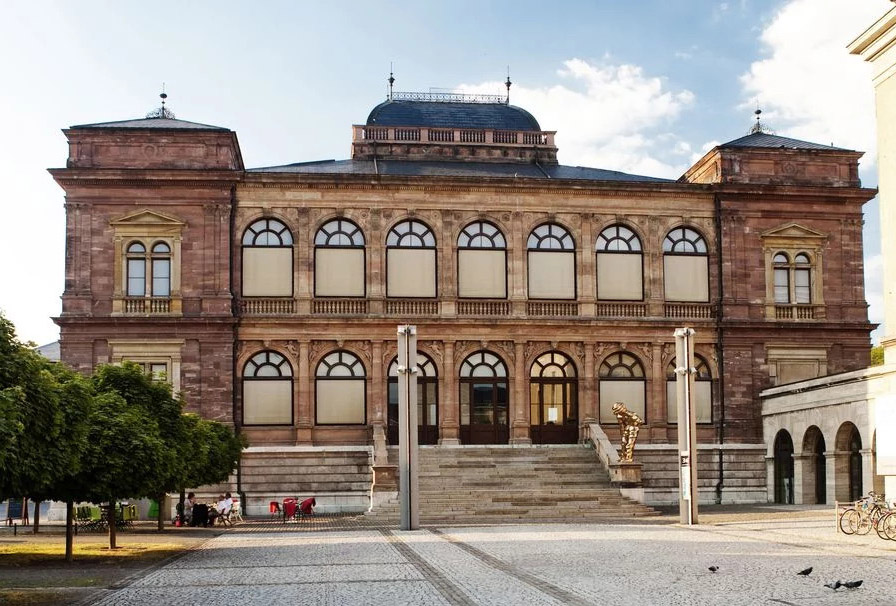
-
Liszthaus & Liszt in Weimar
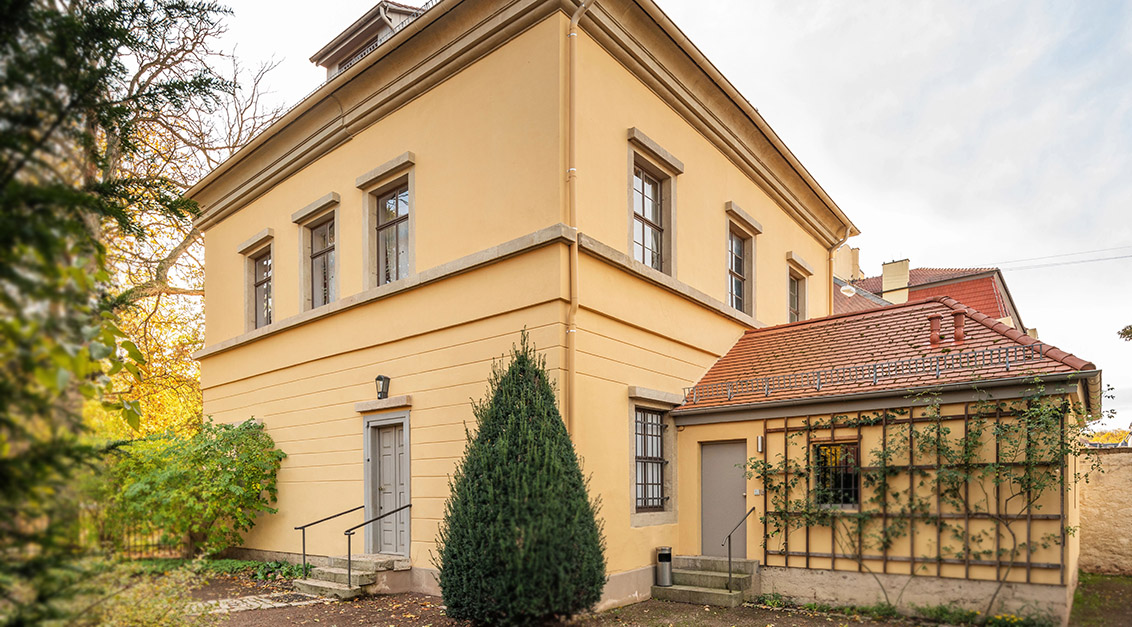
-
Markt
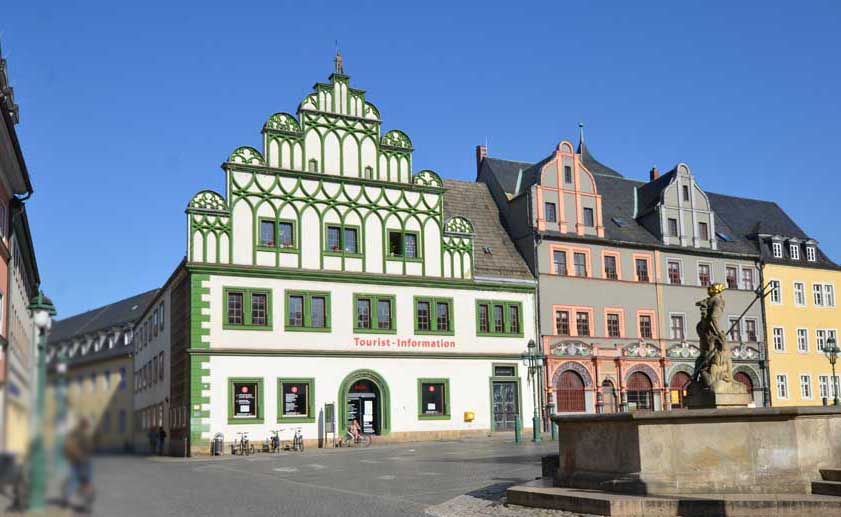
-
Marktplatz, J. S. Bach
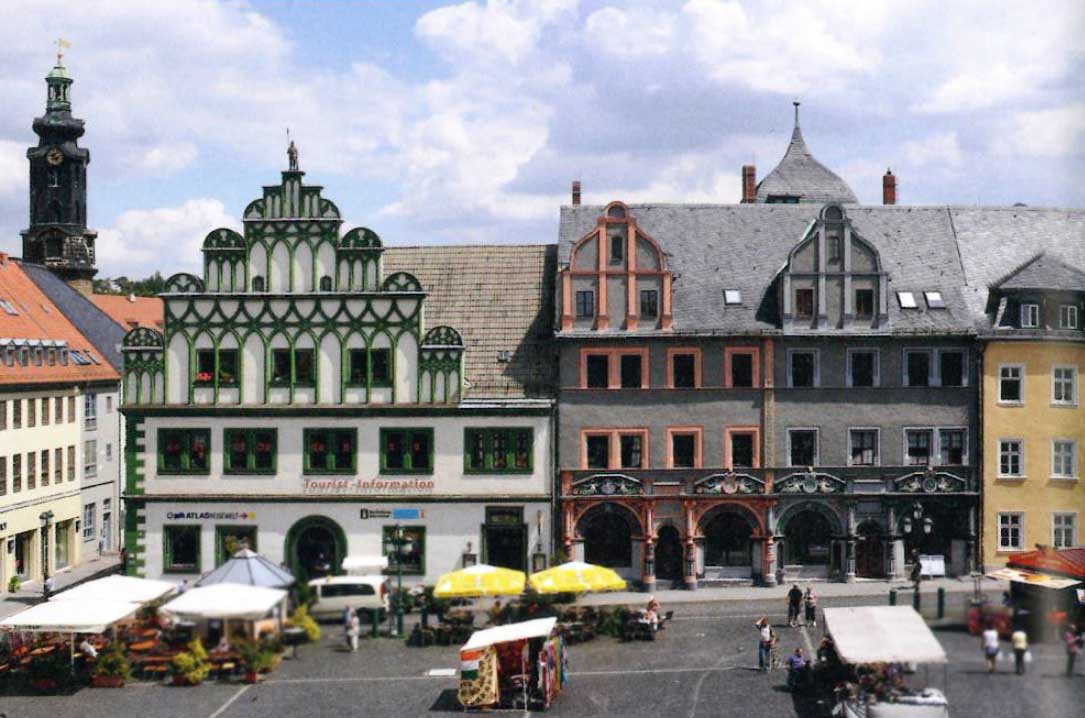
-
Marktplatz, Rathaus, Cranachhaus
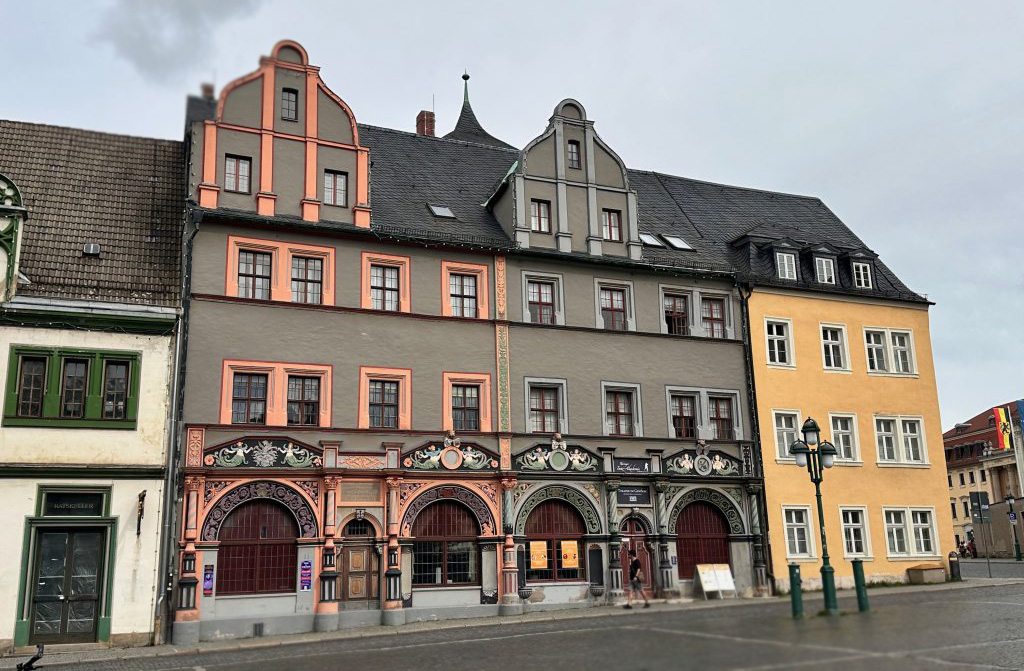
-
Marstall
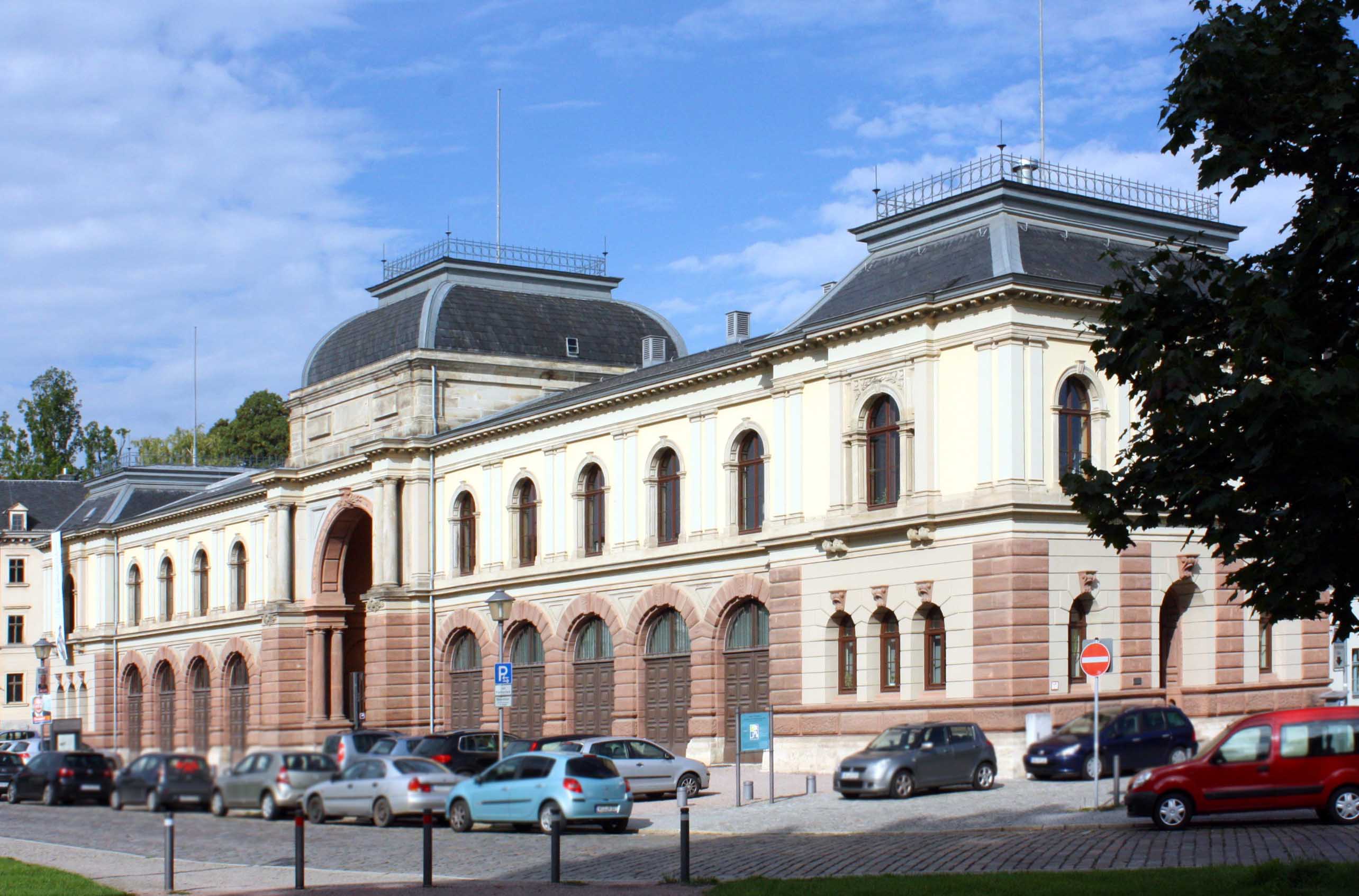
-
Modernes Weimar: Neues Bauen am Horn
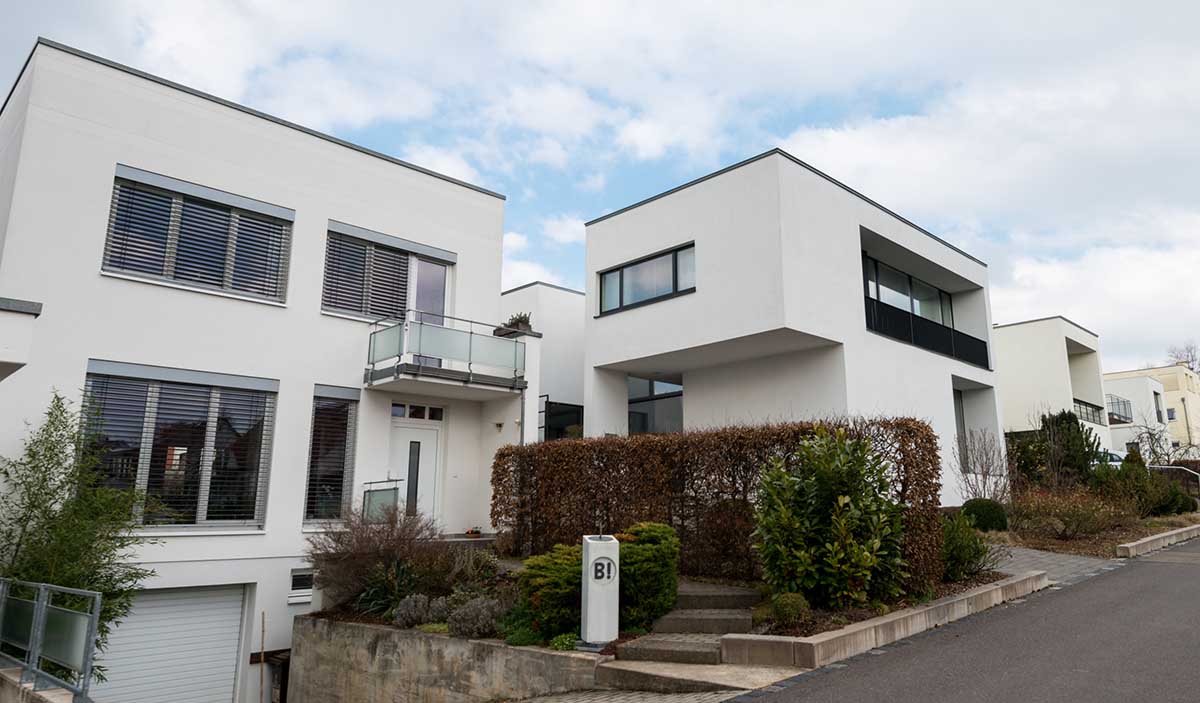
-
Neue Weimarhalle
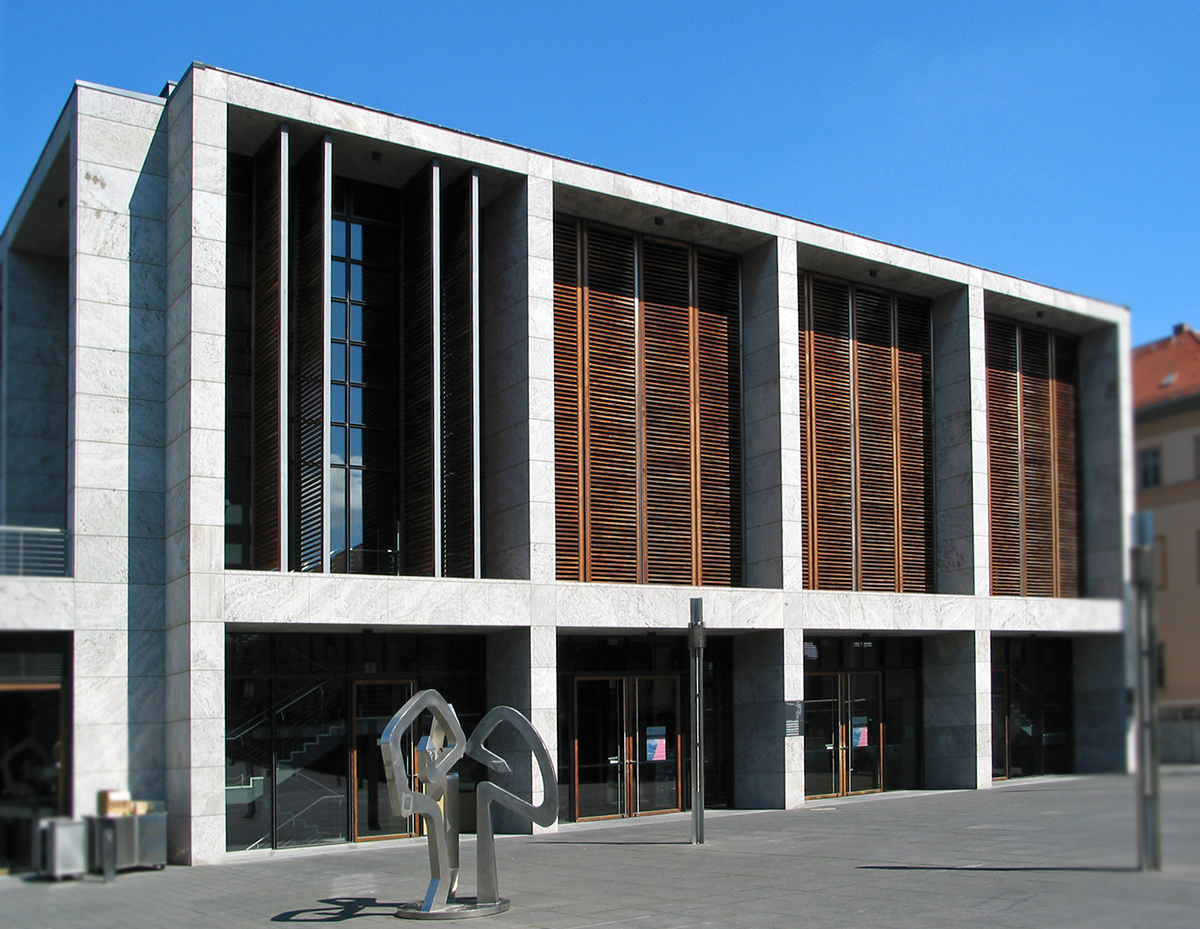
-
Neues Museum
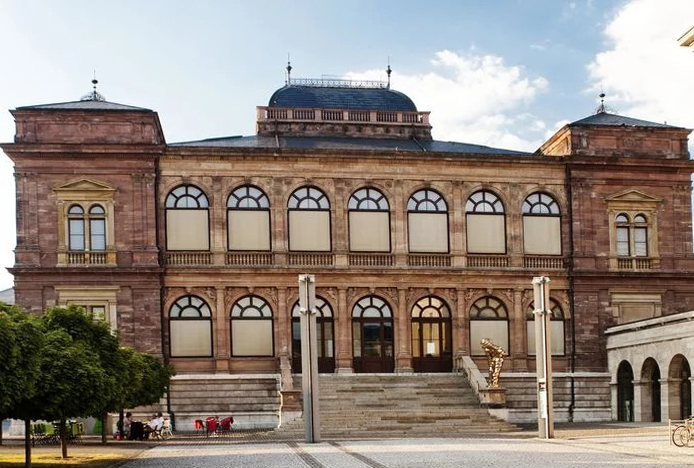
-
Parkhöhle
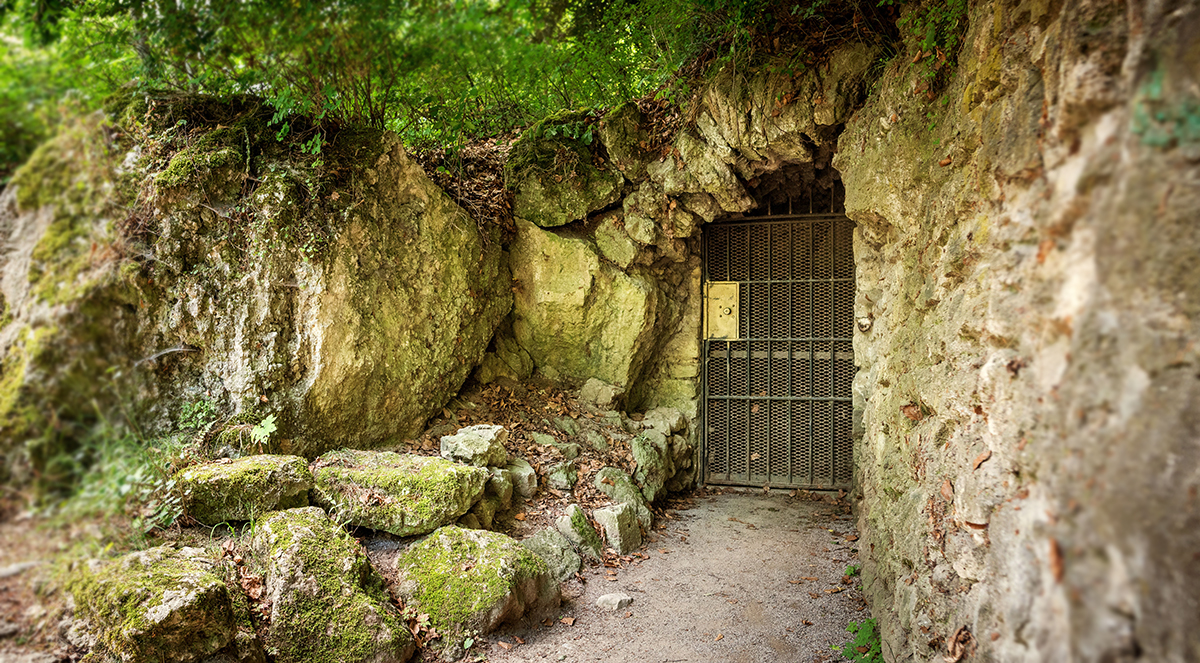
-
Platz der Demokratie (Fürstenplatz)
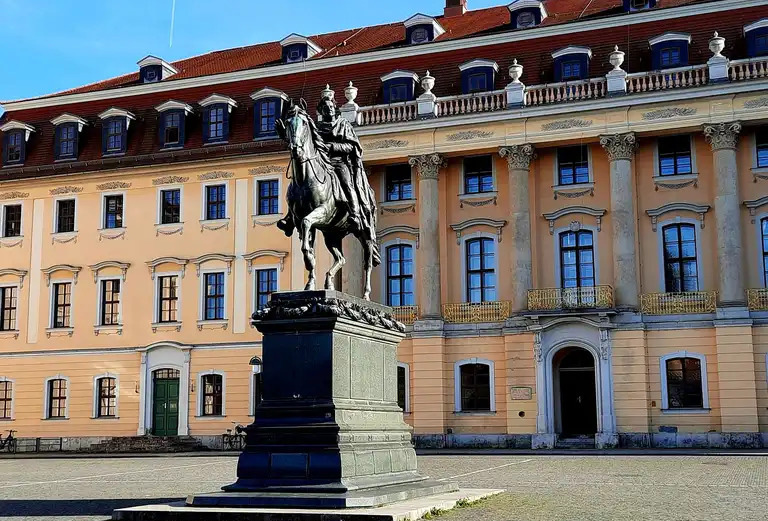
-
Platz der Demokratie, Anna Amalia Bibliothek
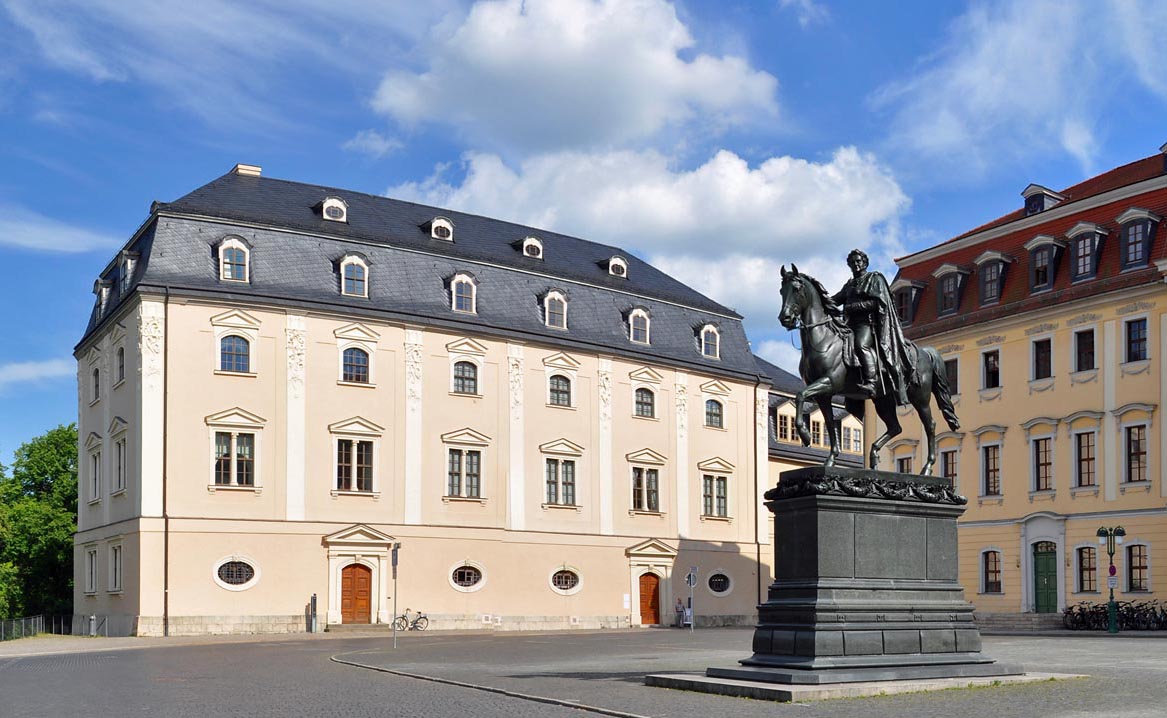
-
Rathaus
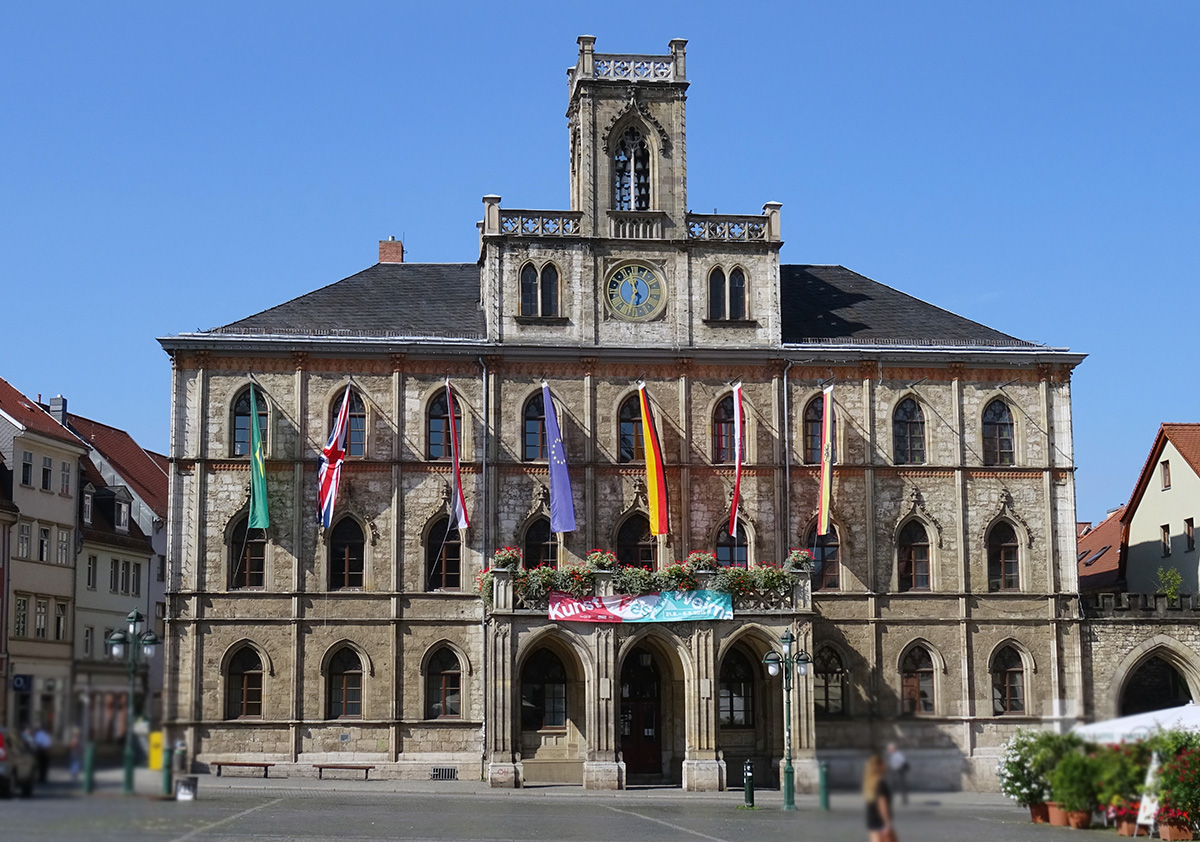
-
Reiterstandbild Carl August
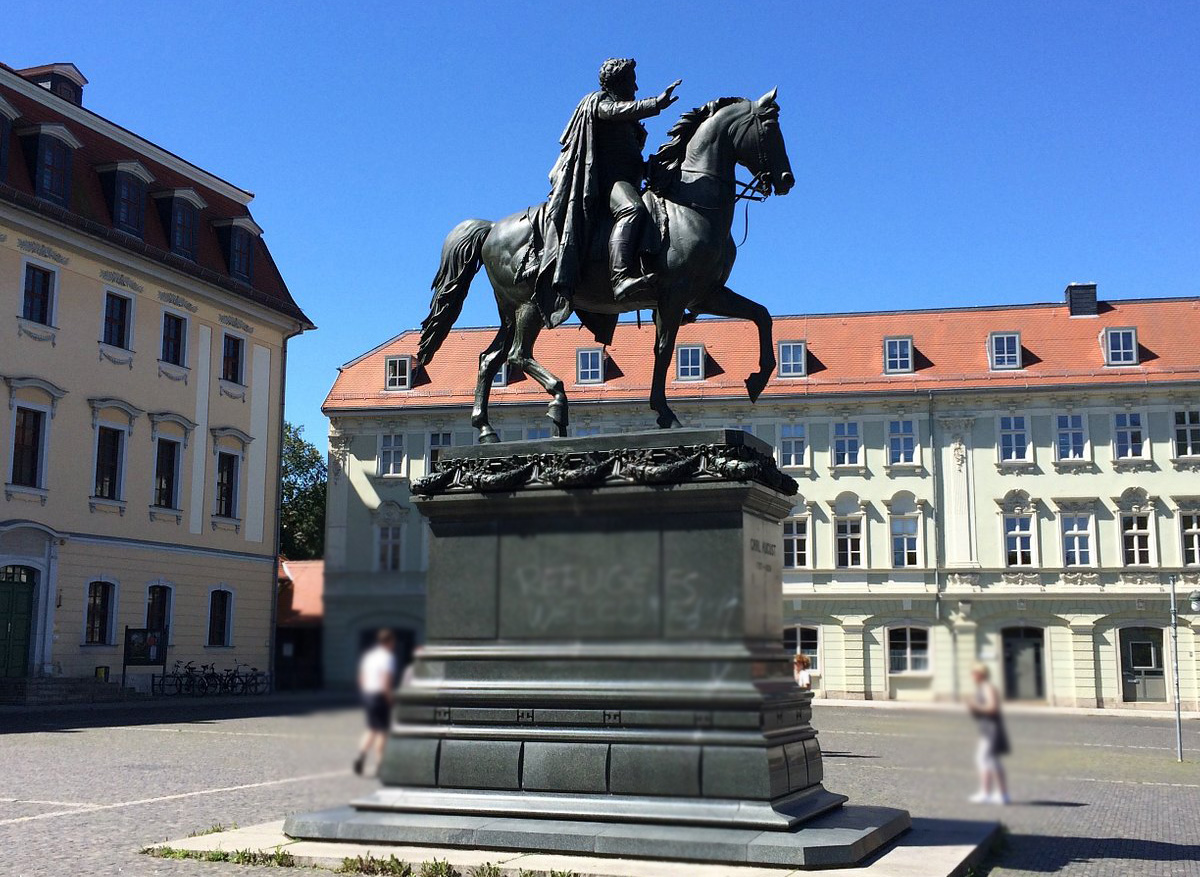
-
Römisches Haus (Carl August)
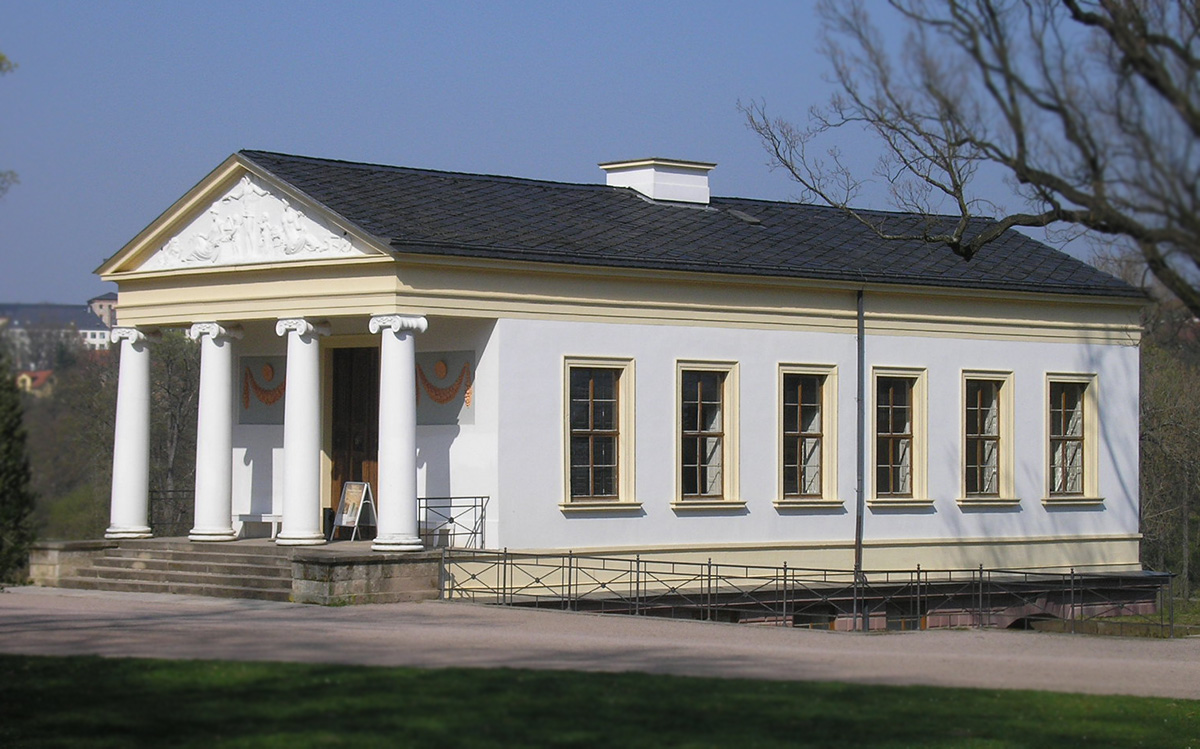
-
Schloss Belvedere
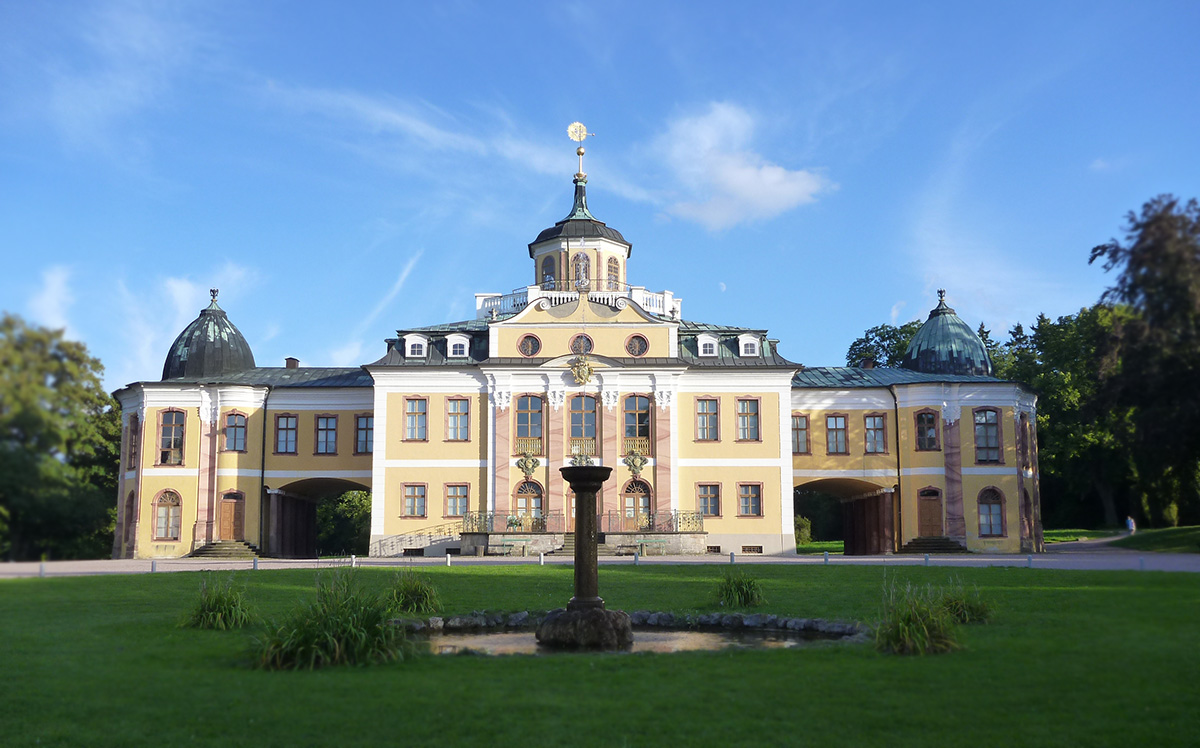
-
Stadtmuseum
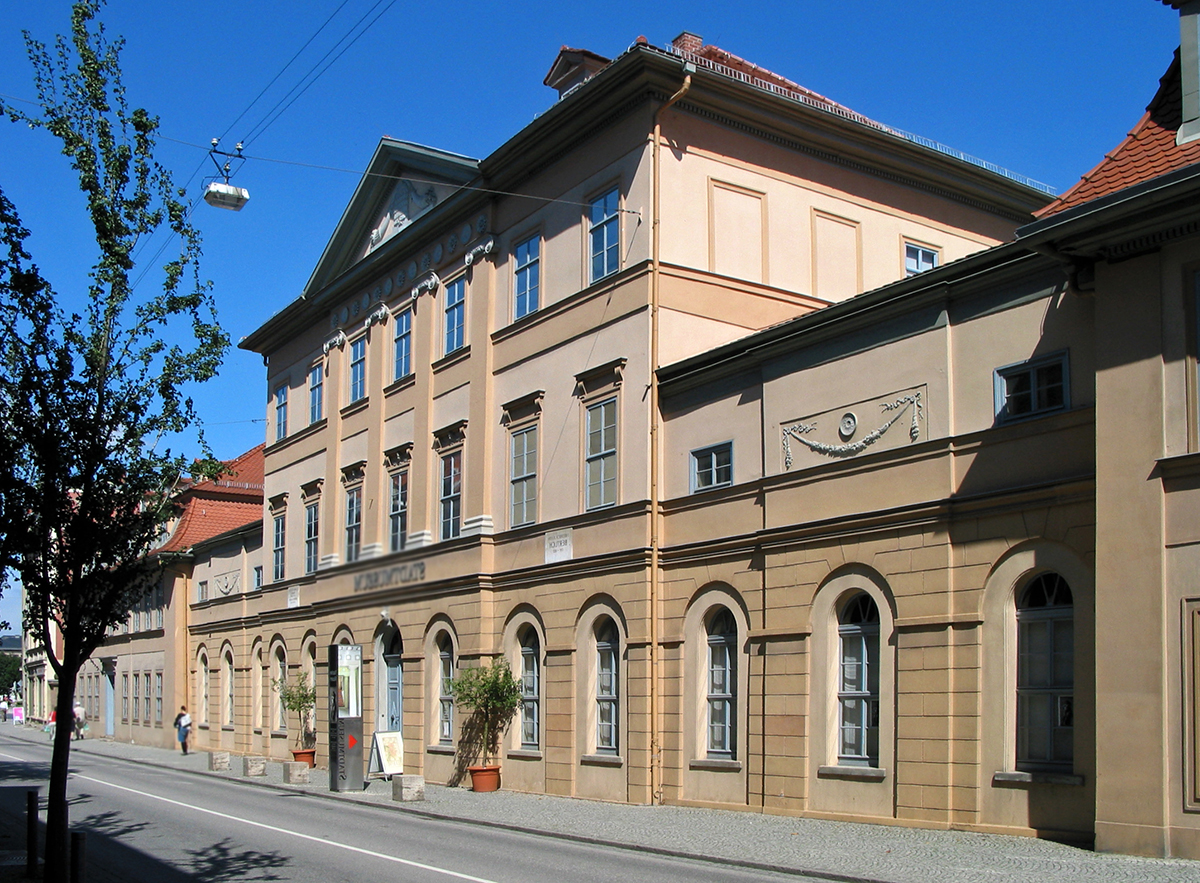
-
Stadtschloss
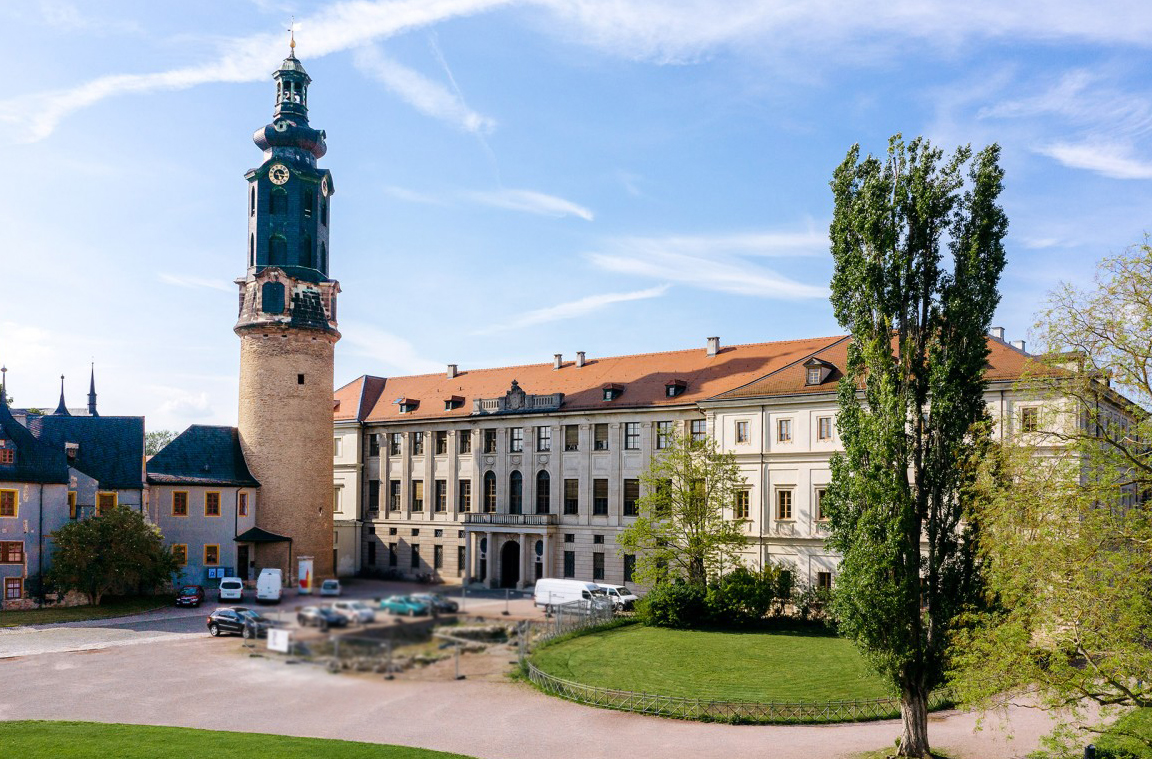
-
Standort Neues Bauhausmuseum
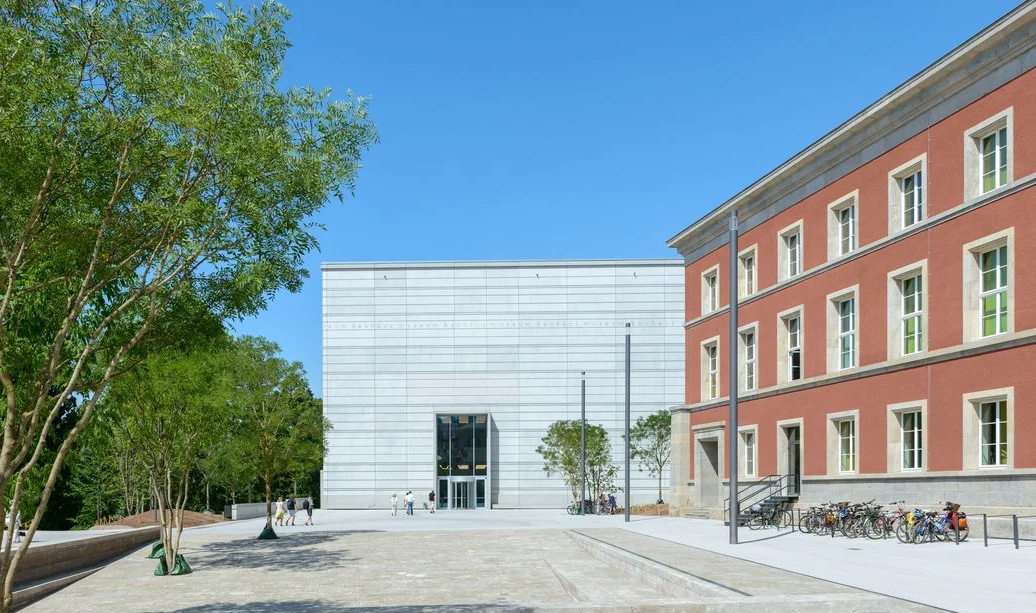
-
Villa Altenburg
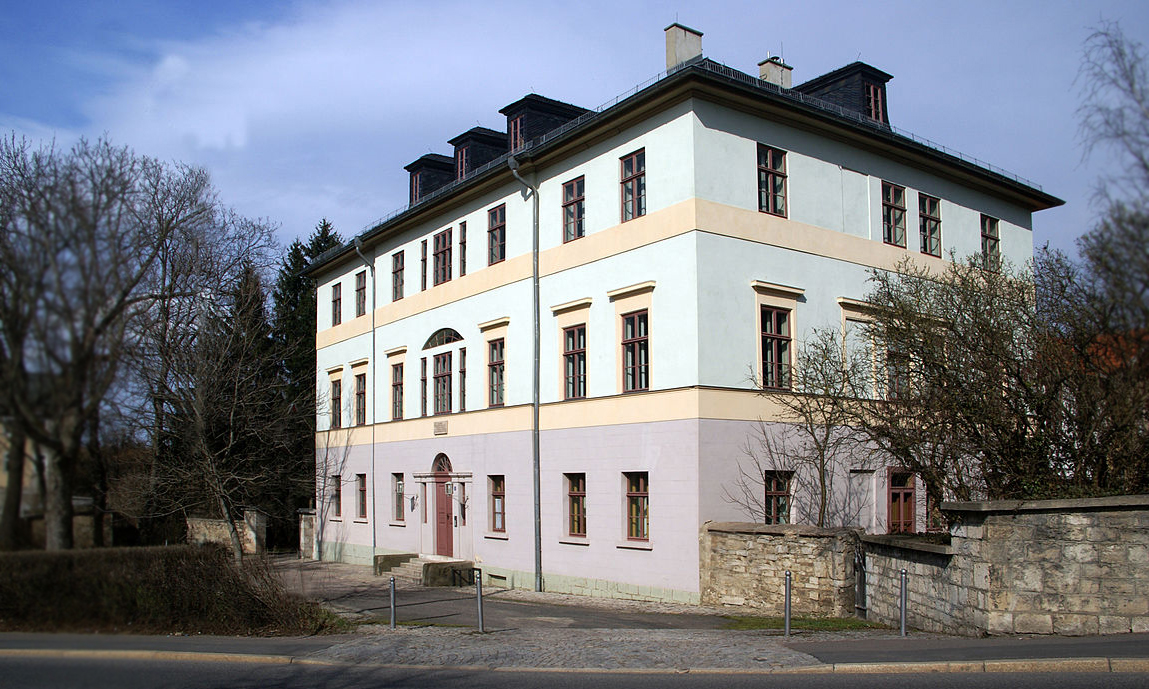
-
Welscher Garten
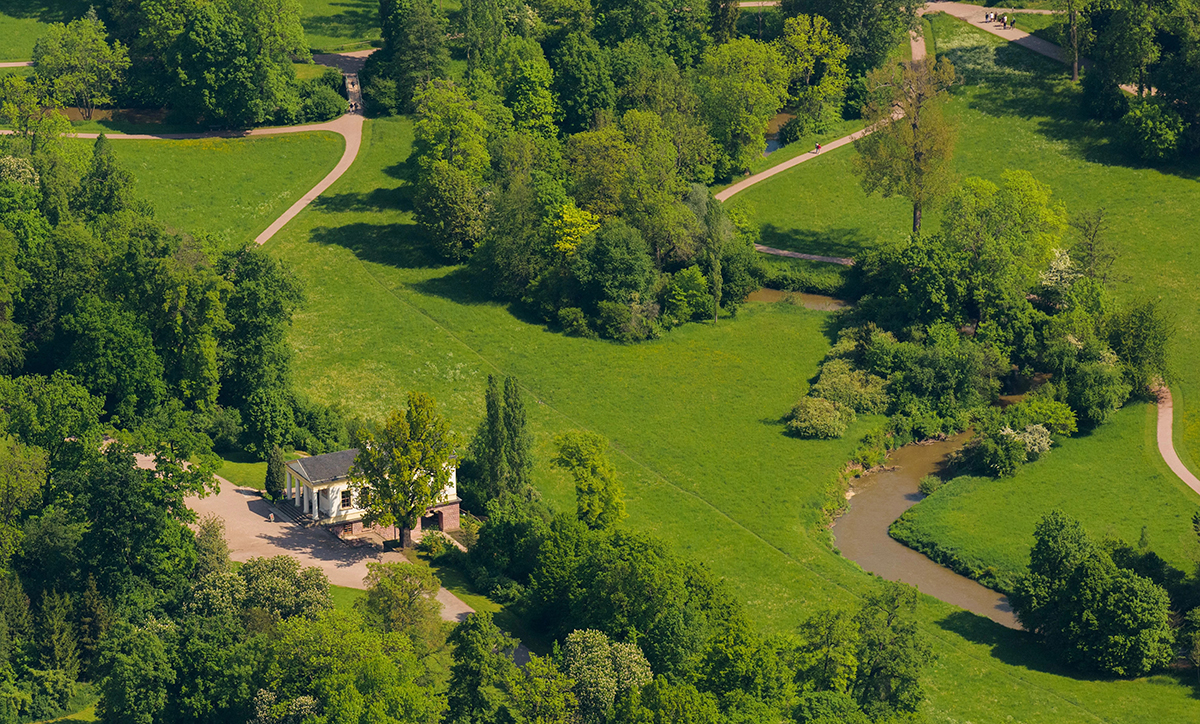
-
Wielanddenkmal
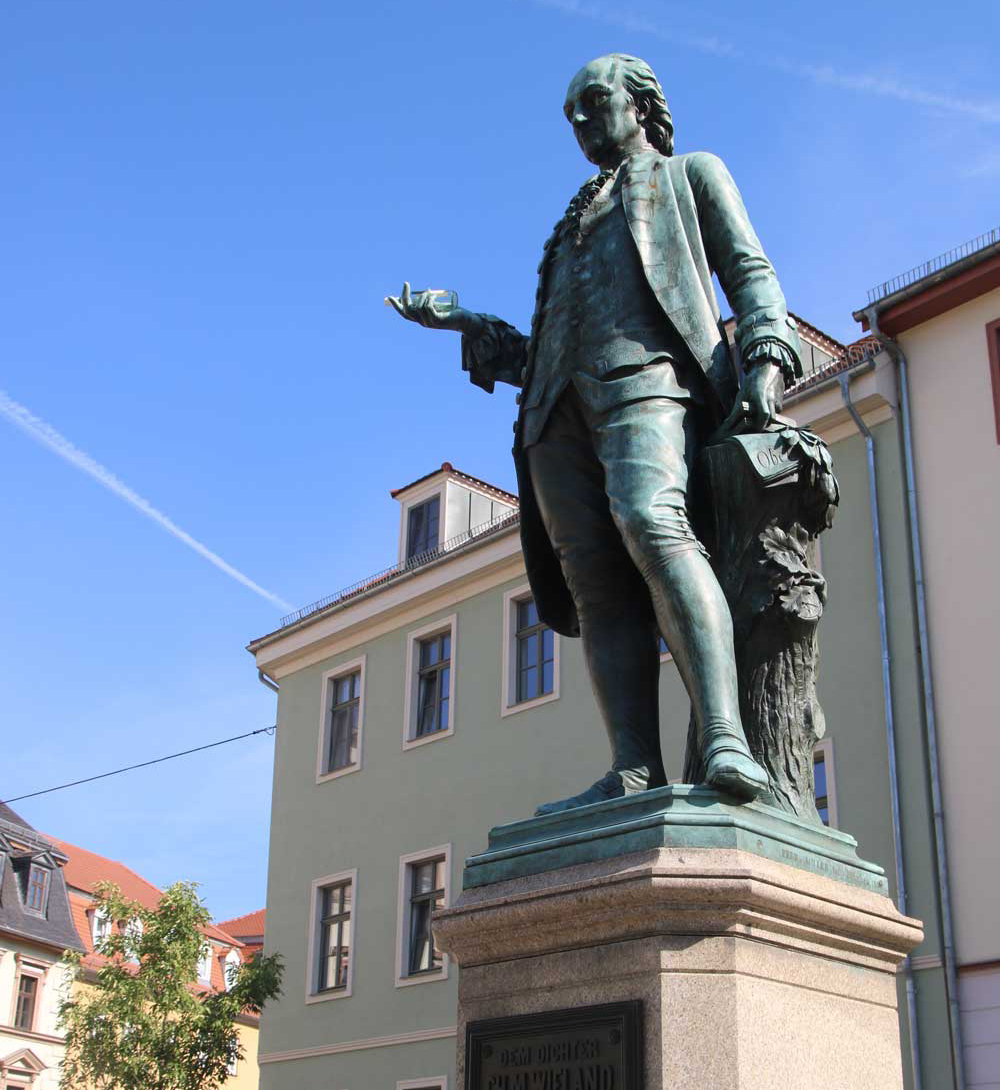
-
Wittumspalais
